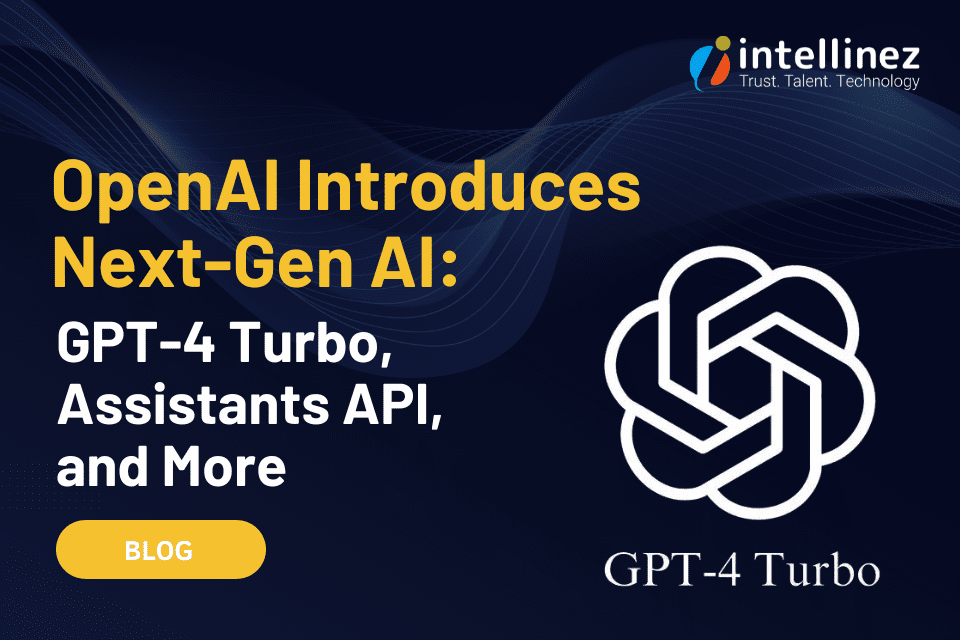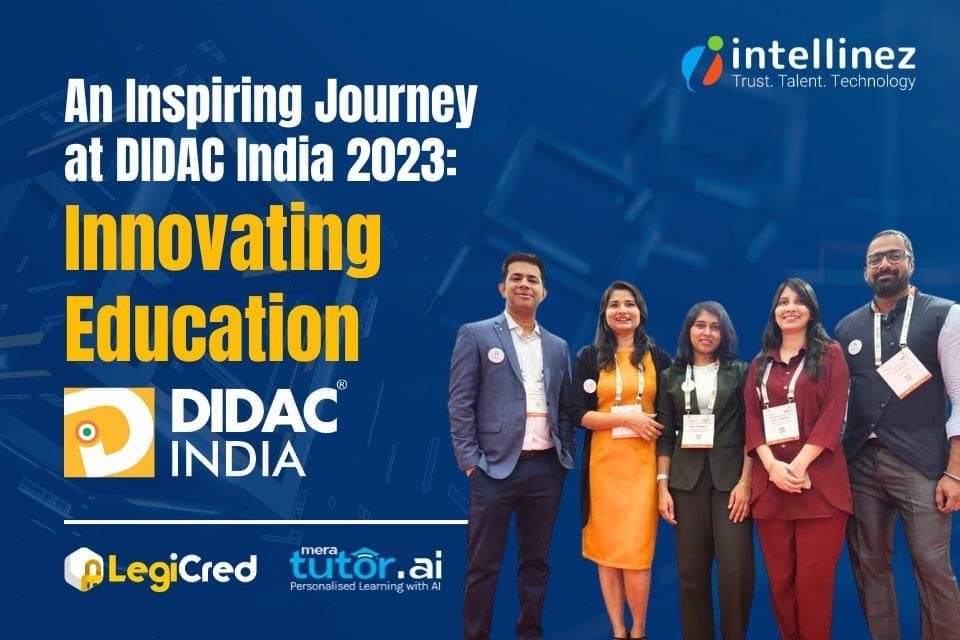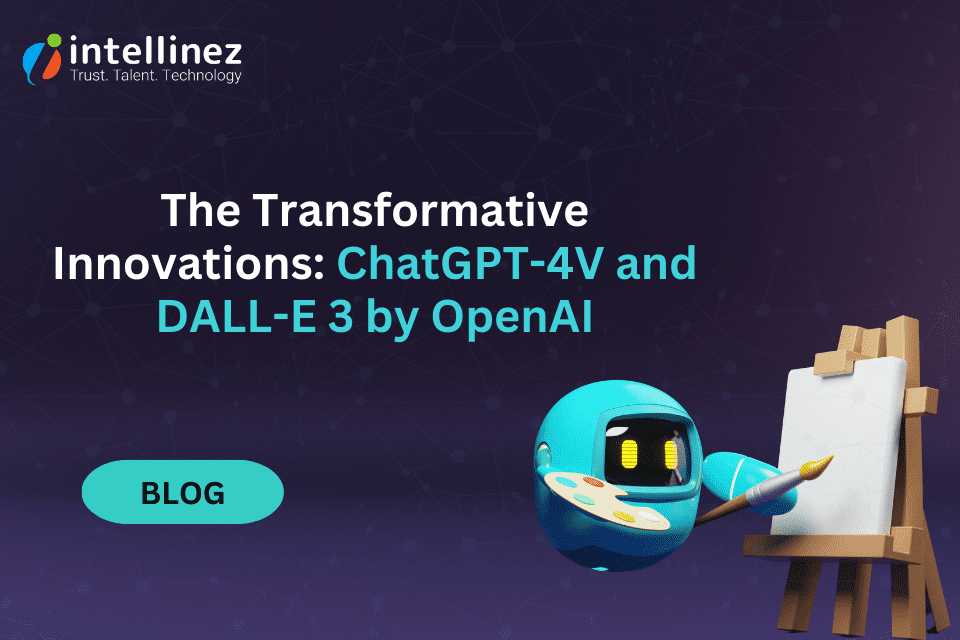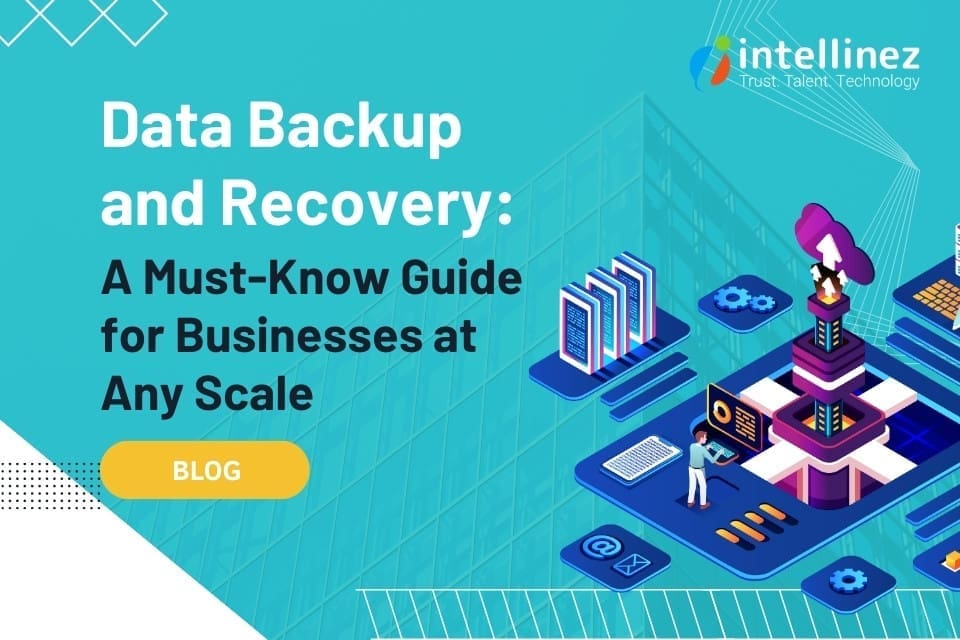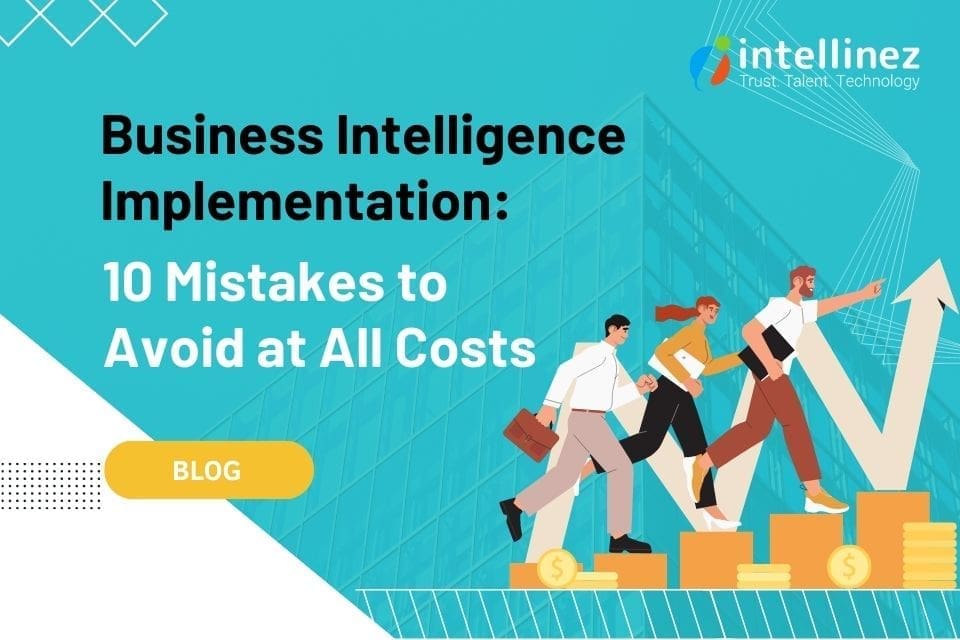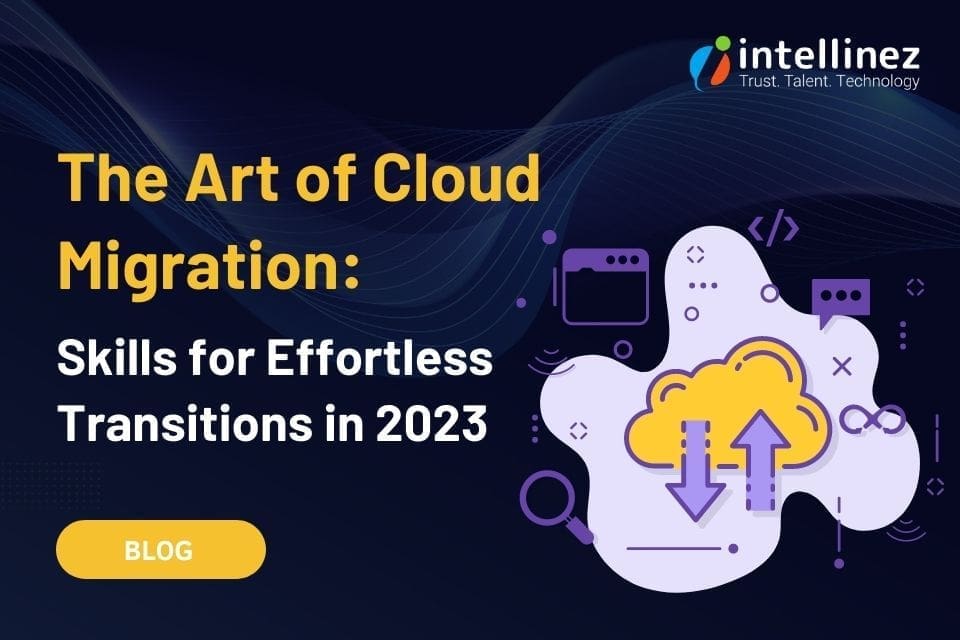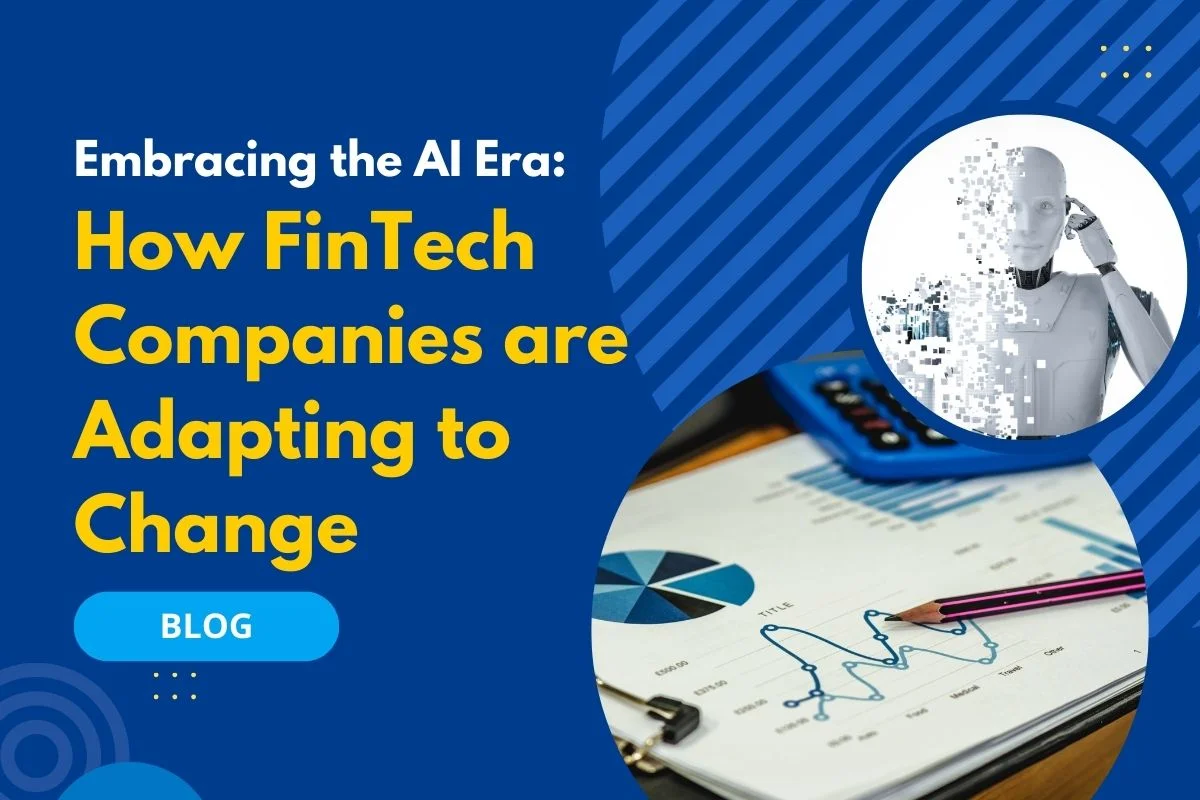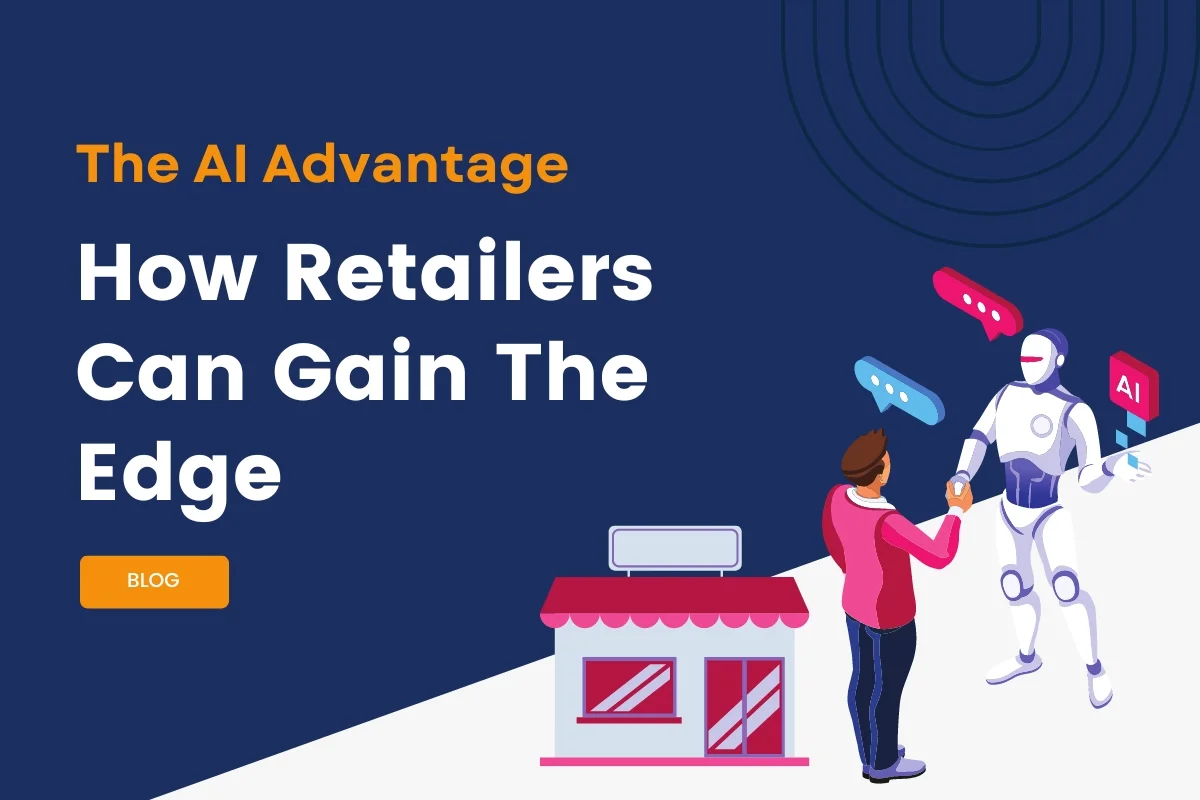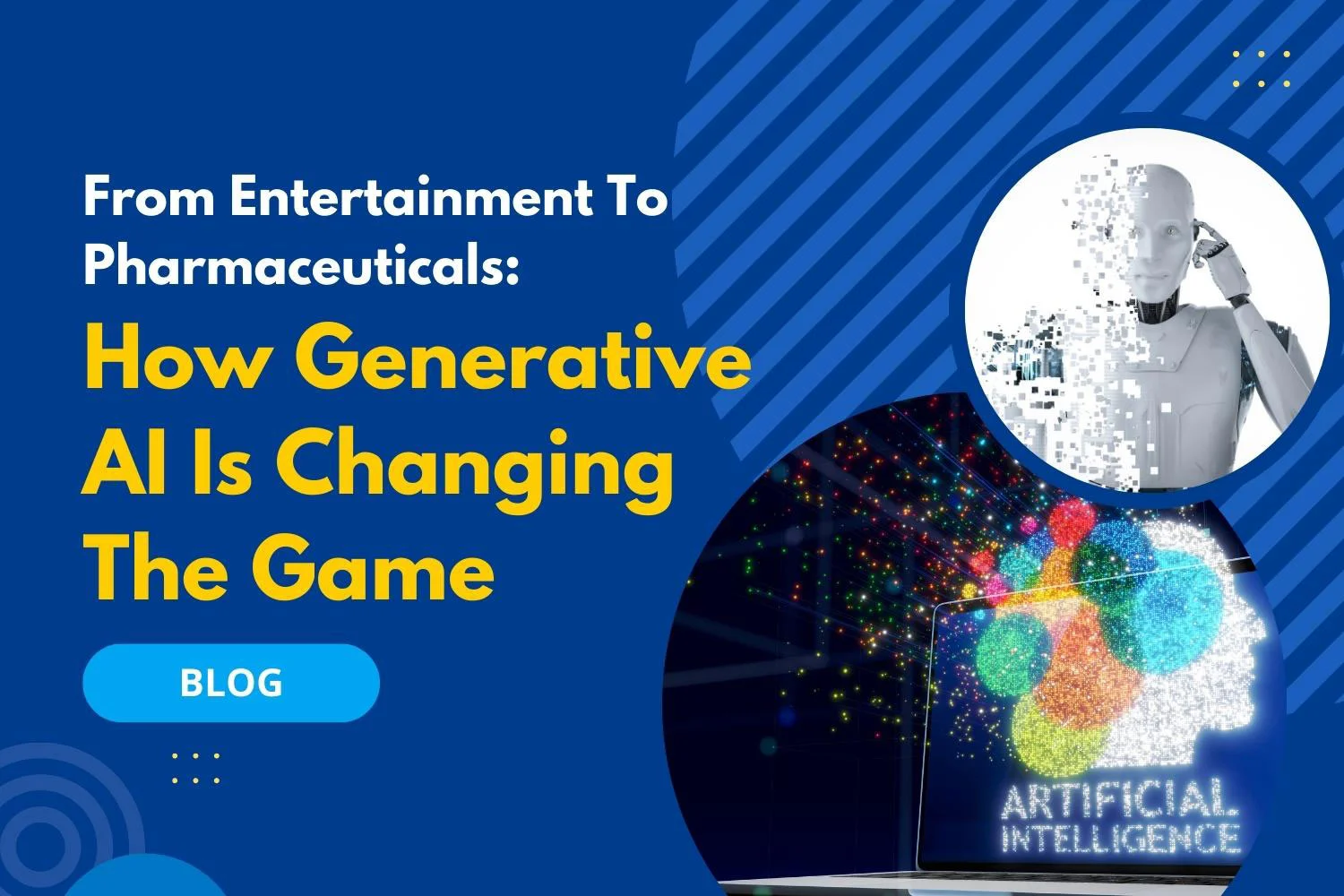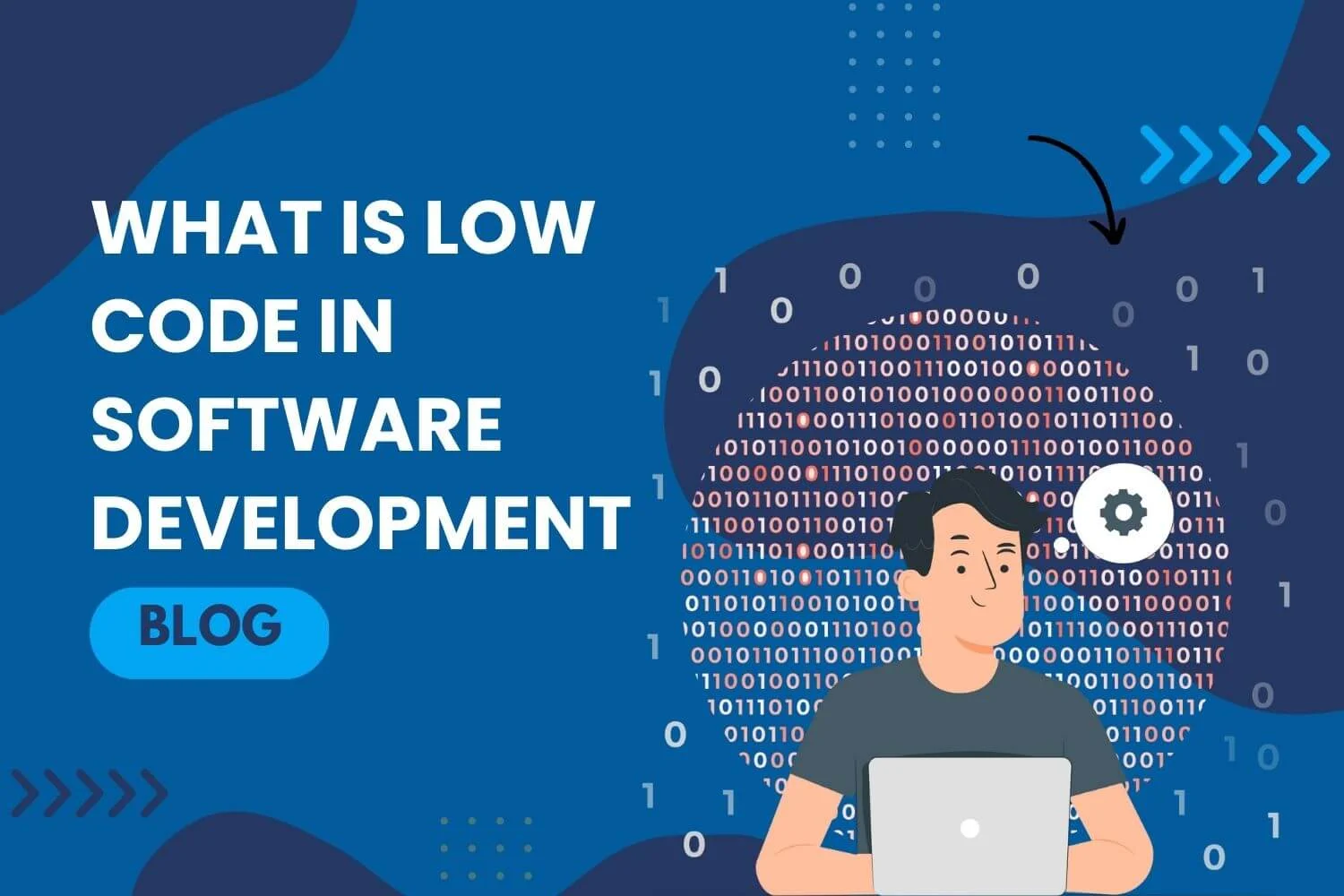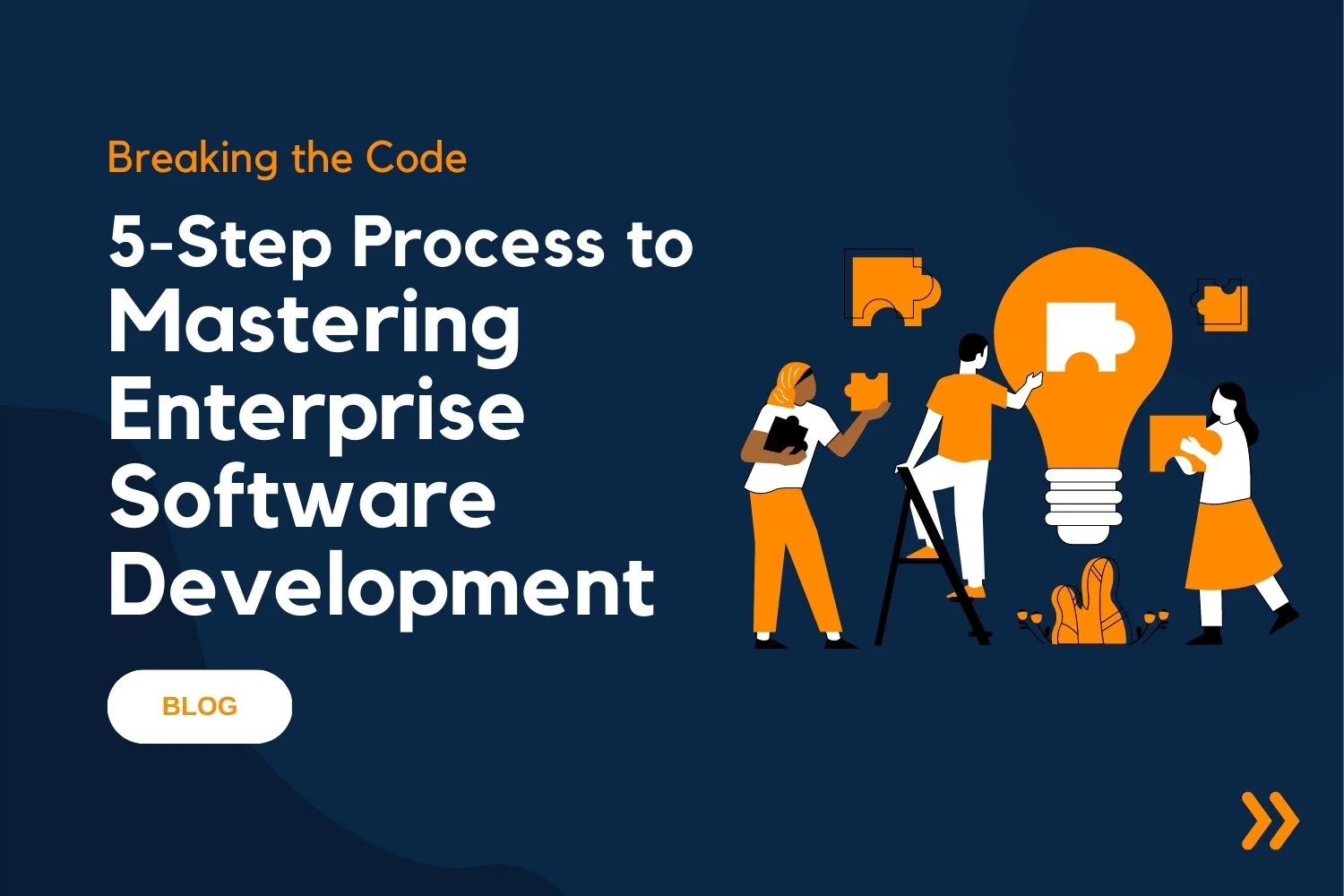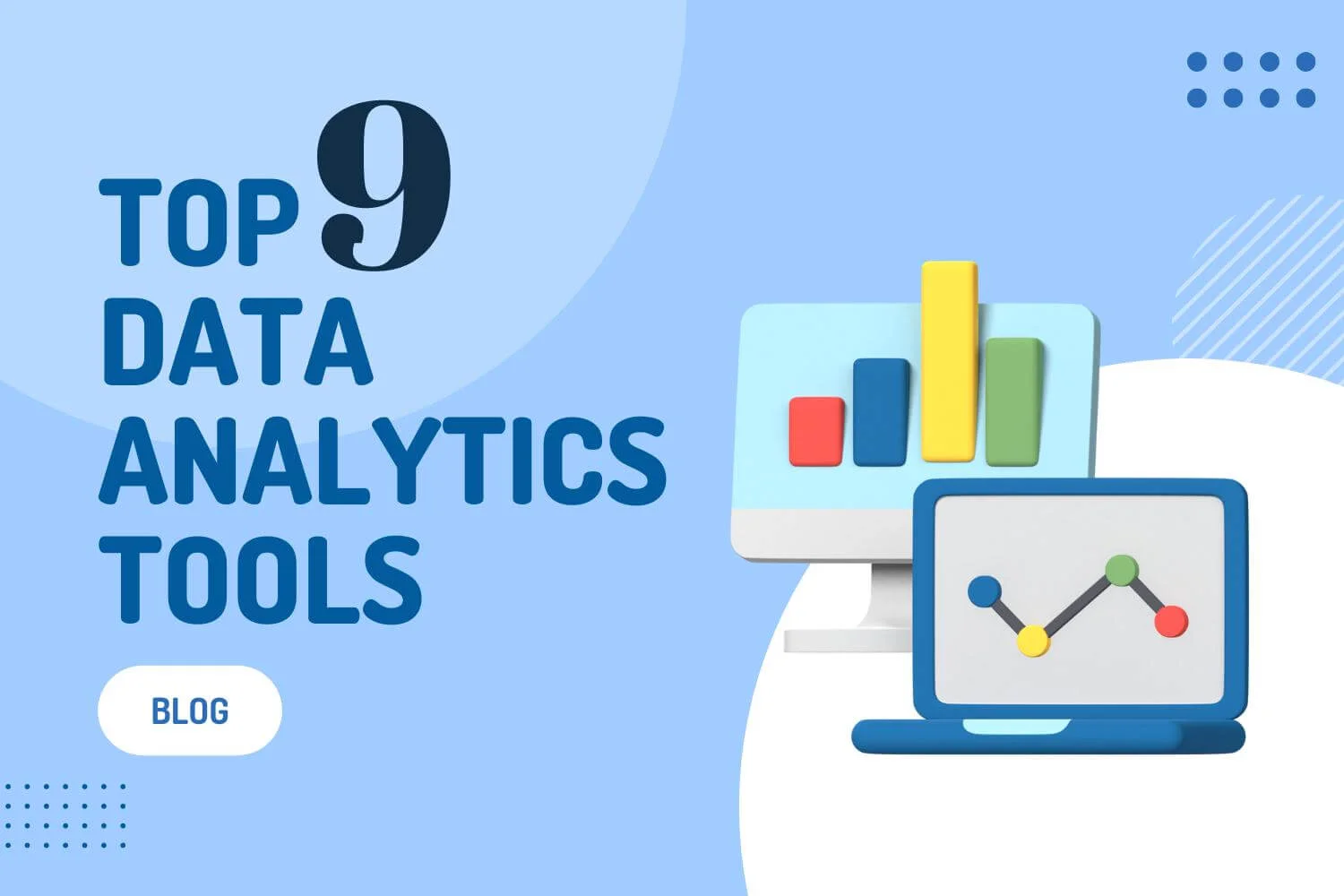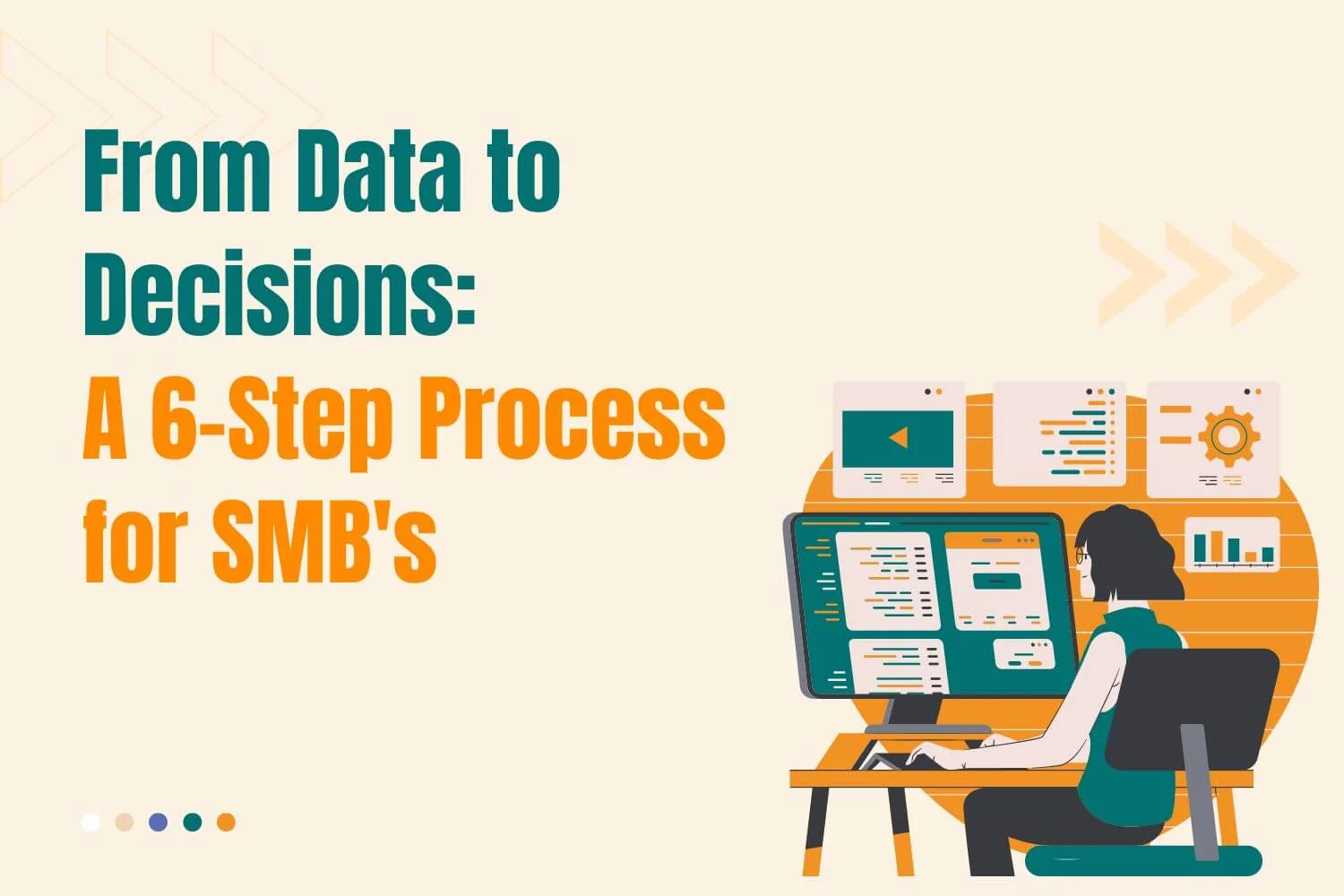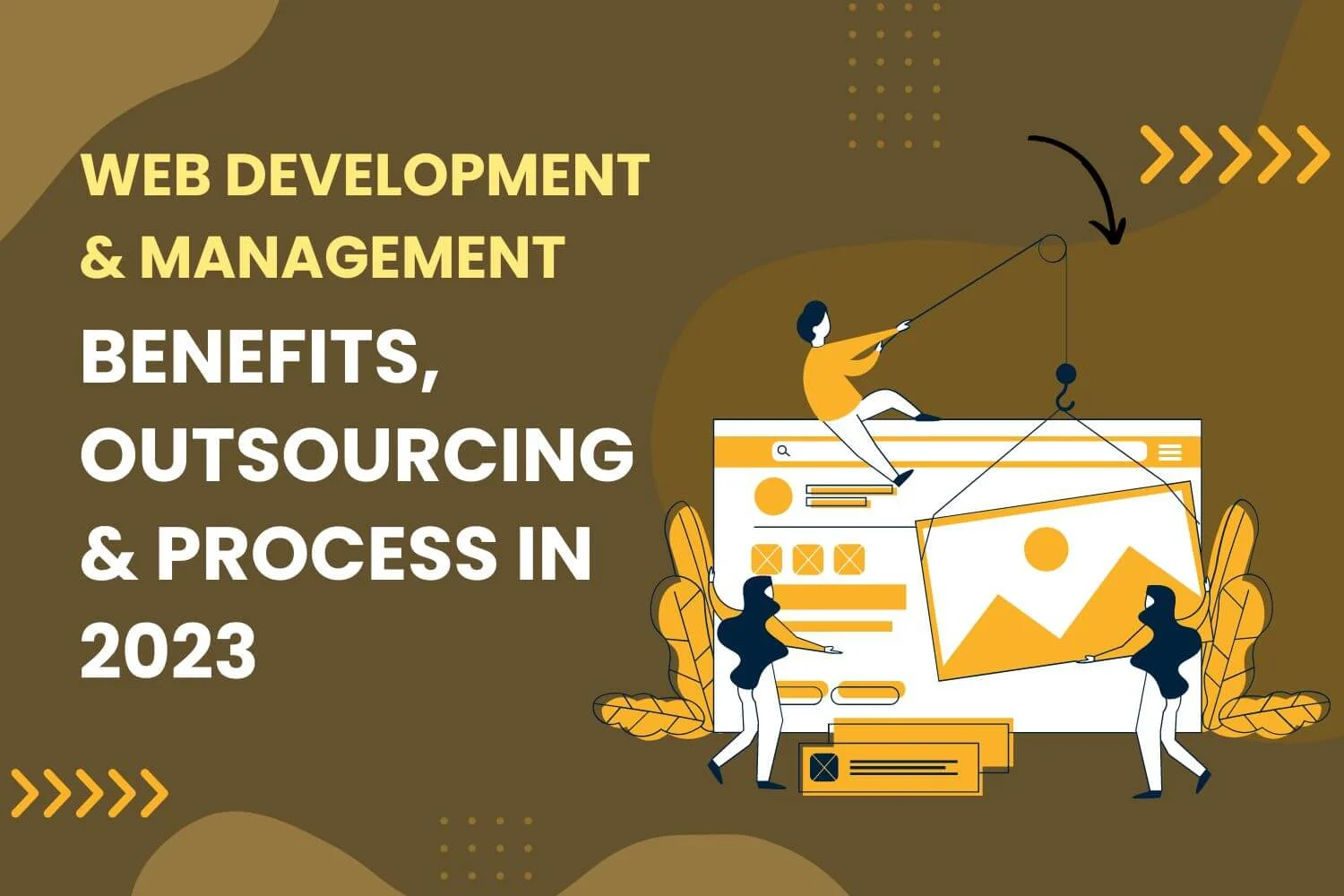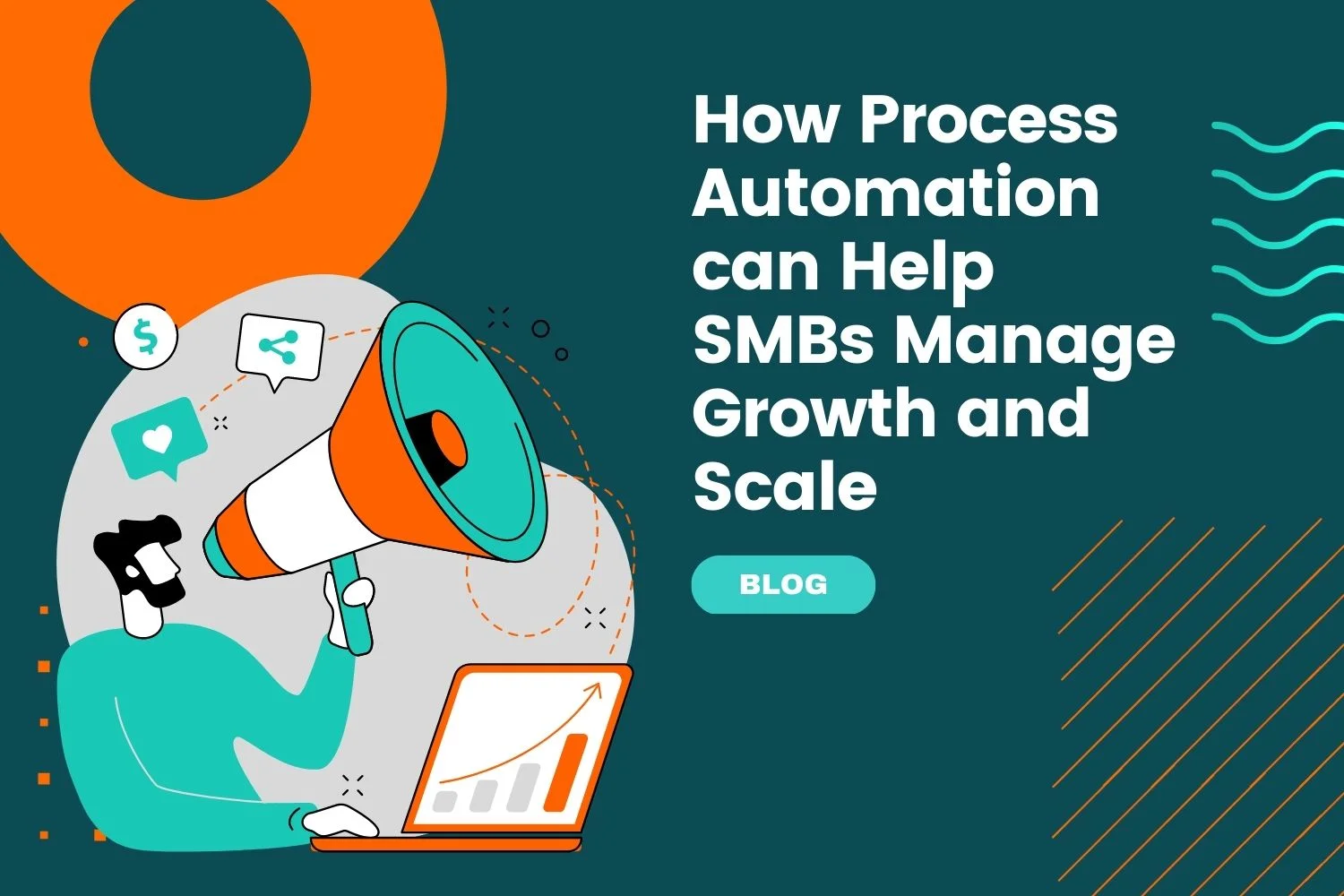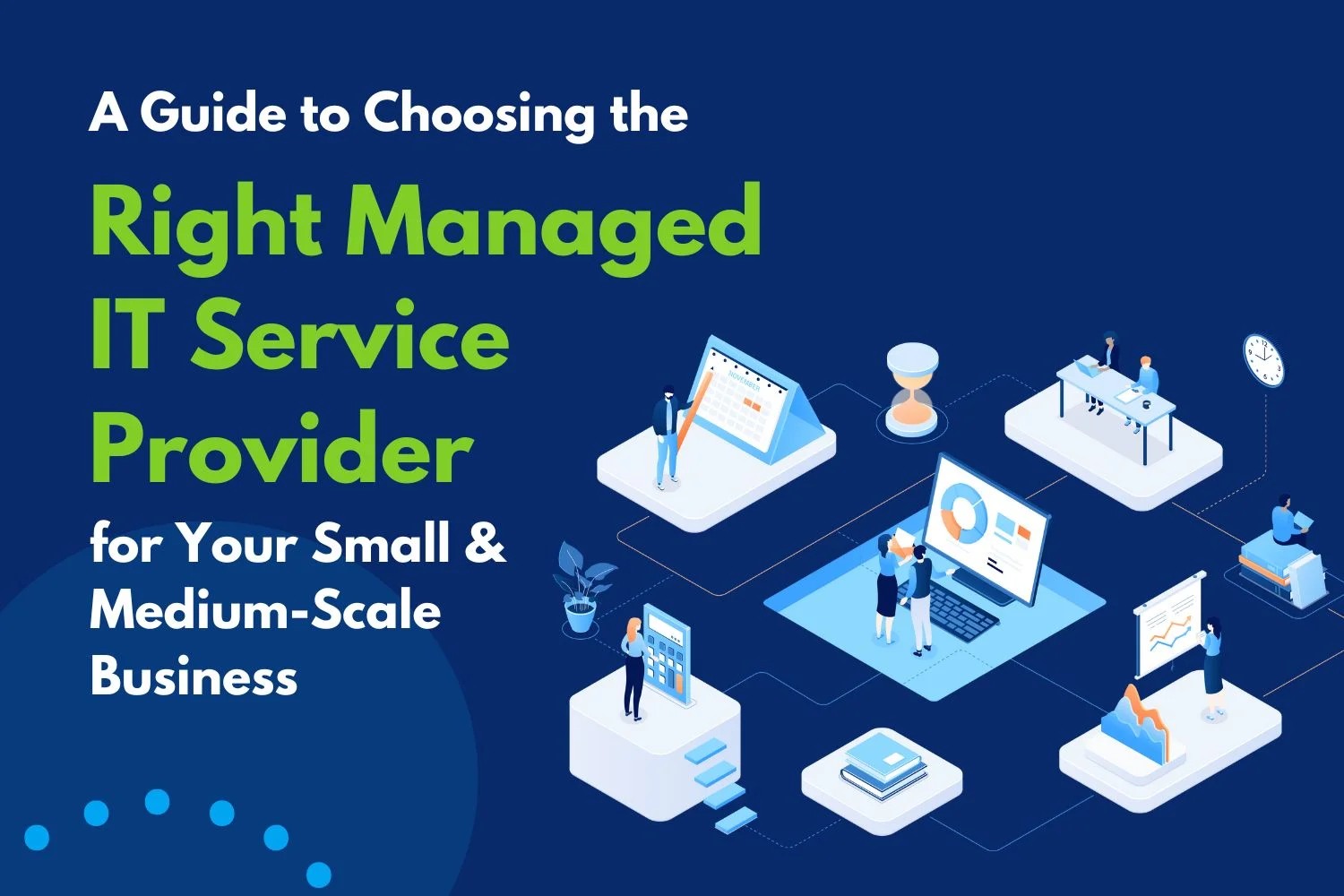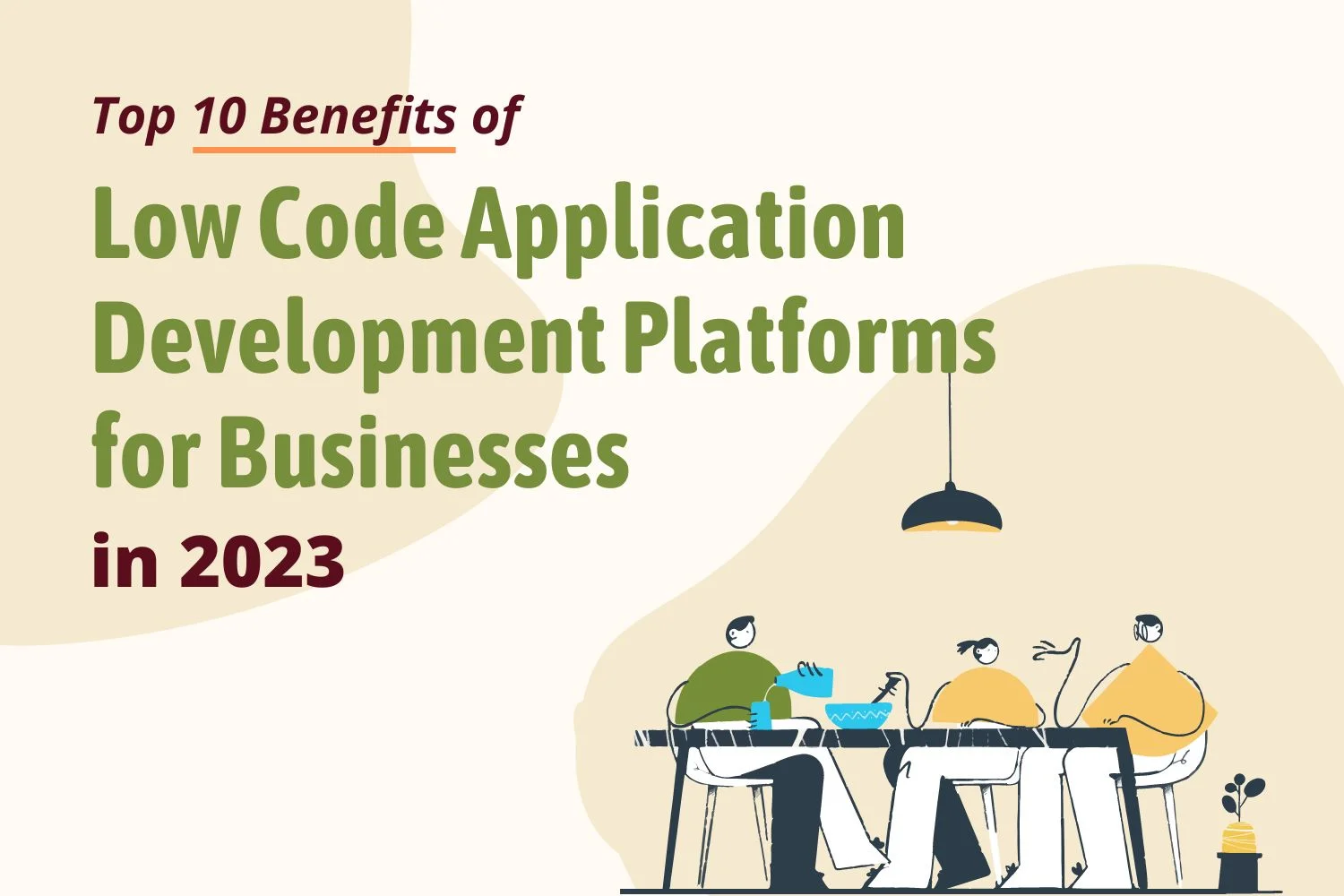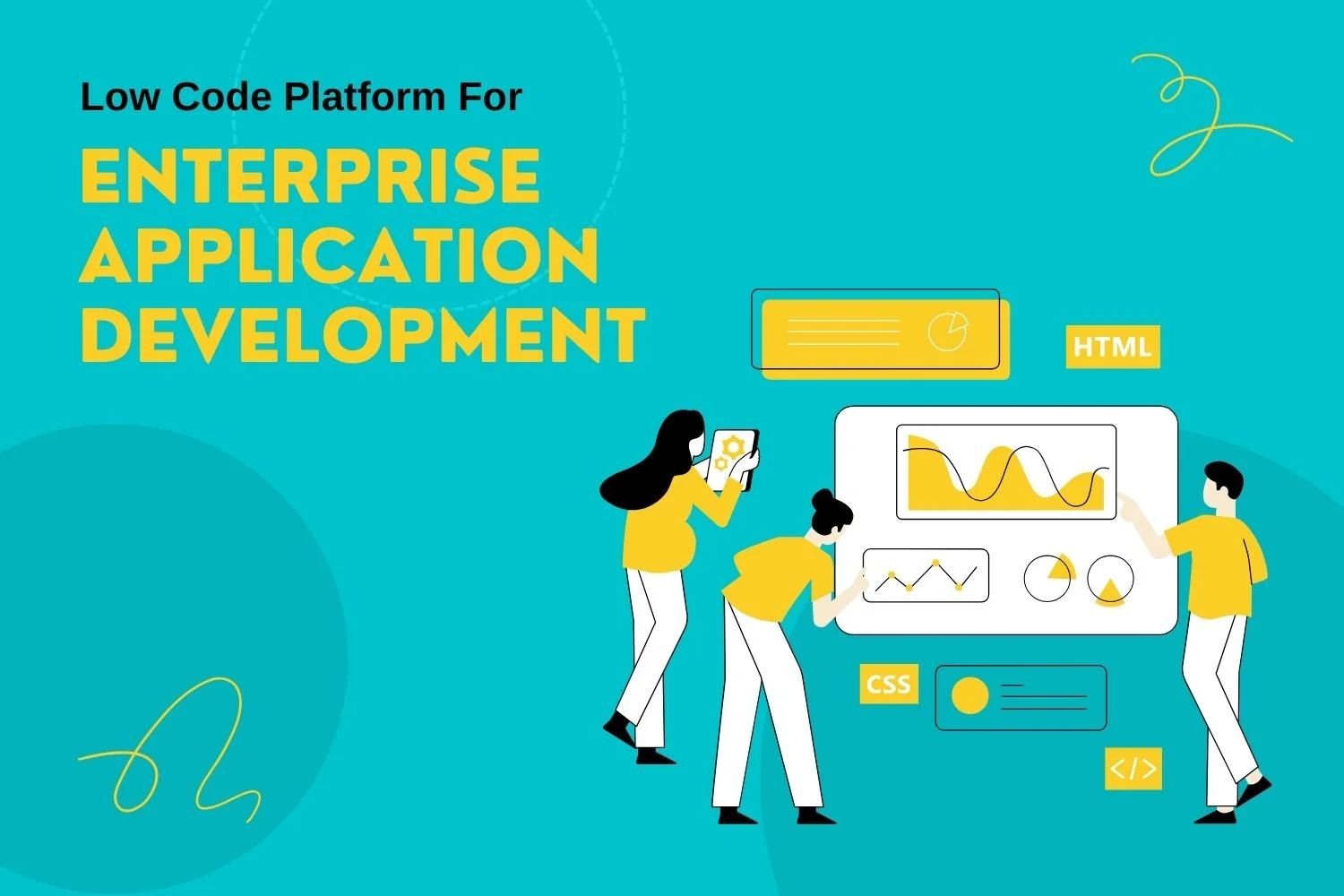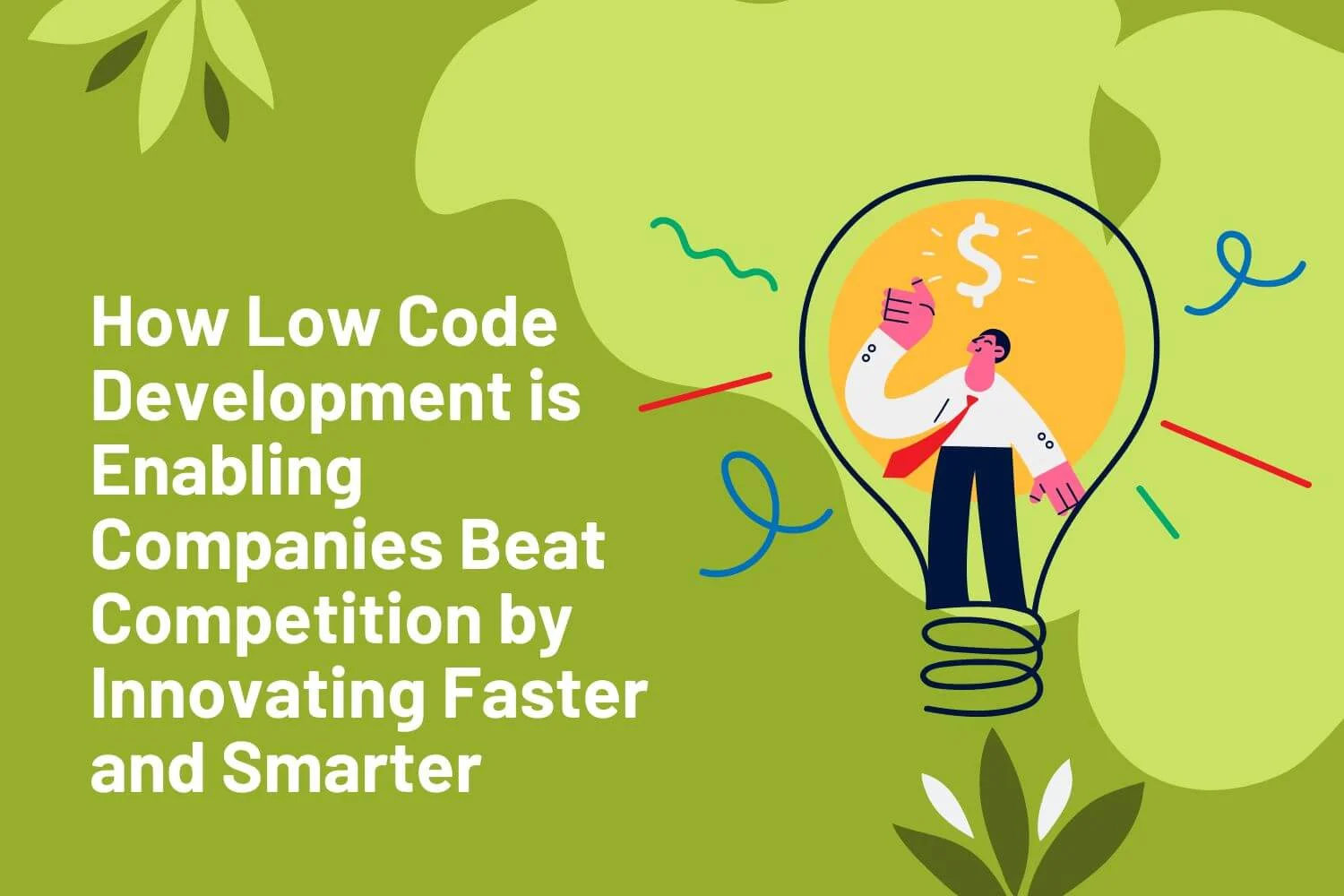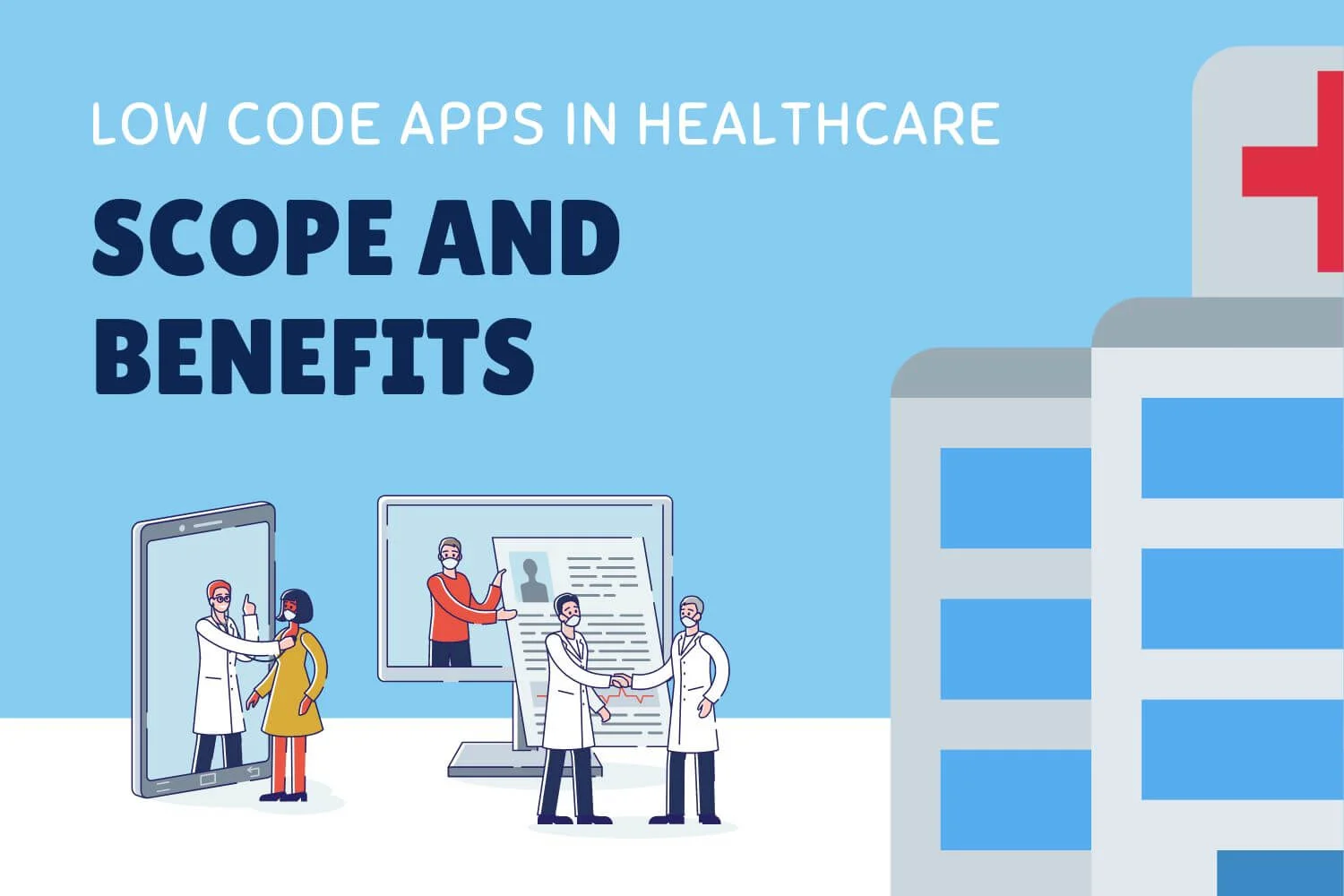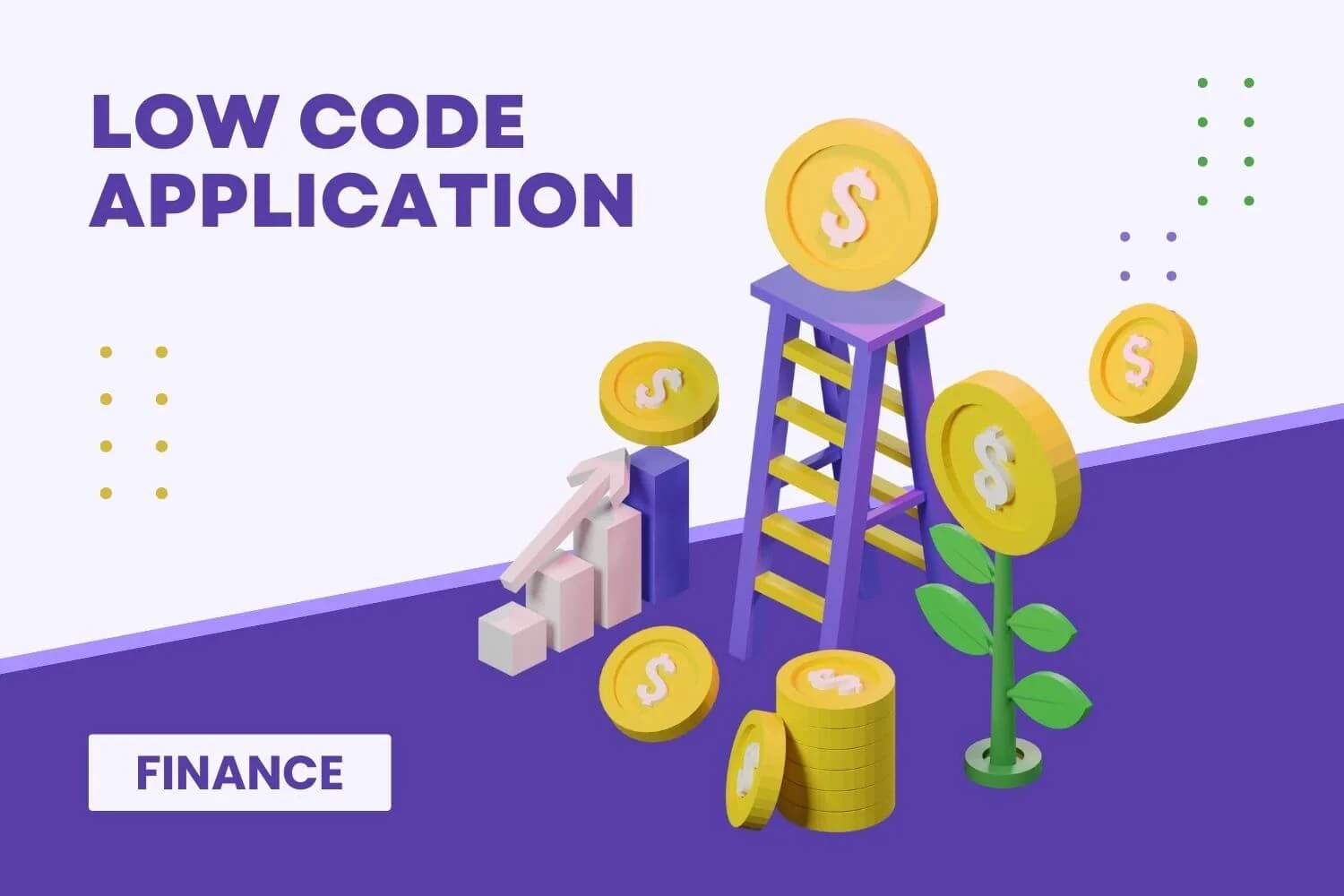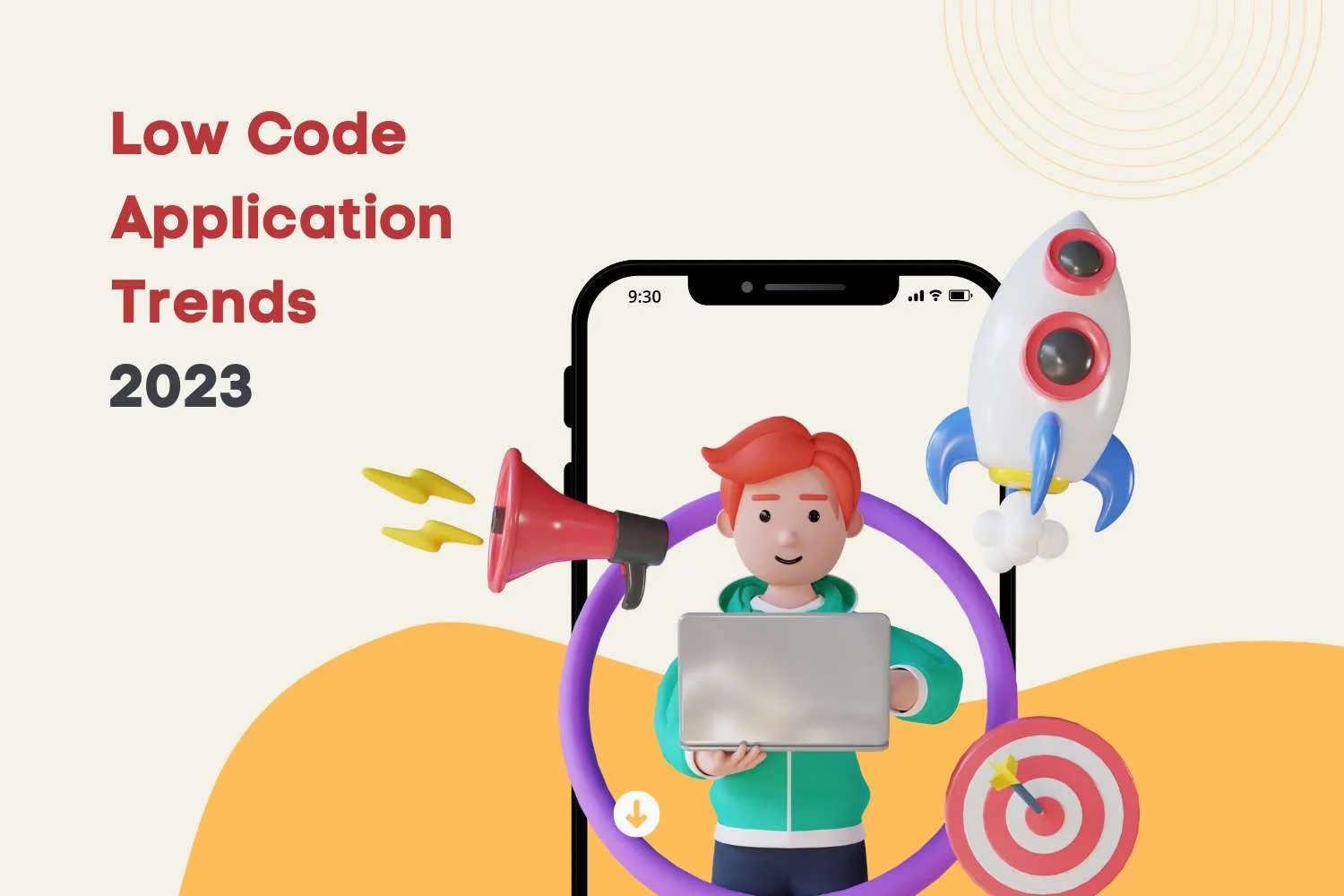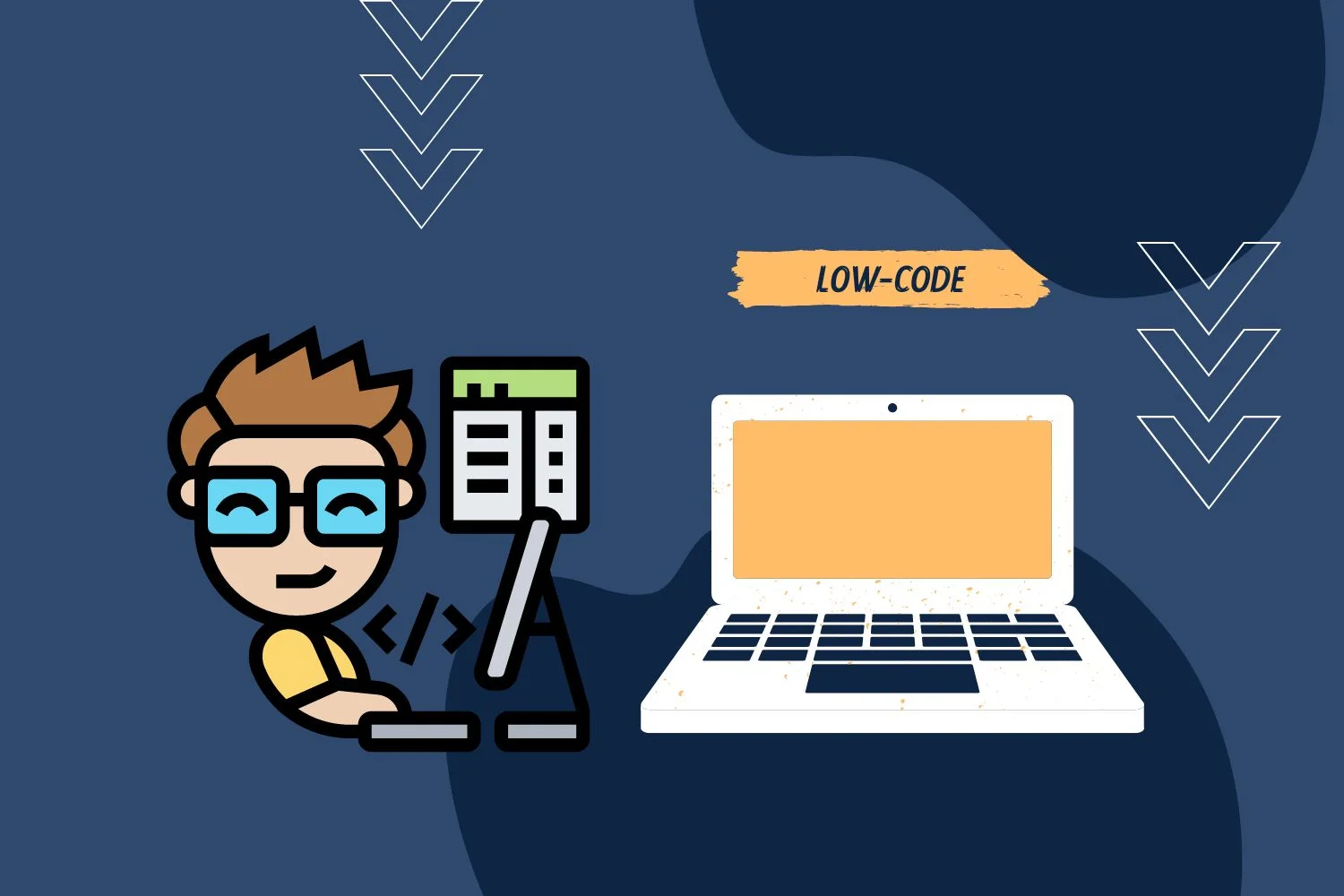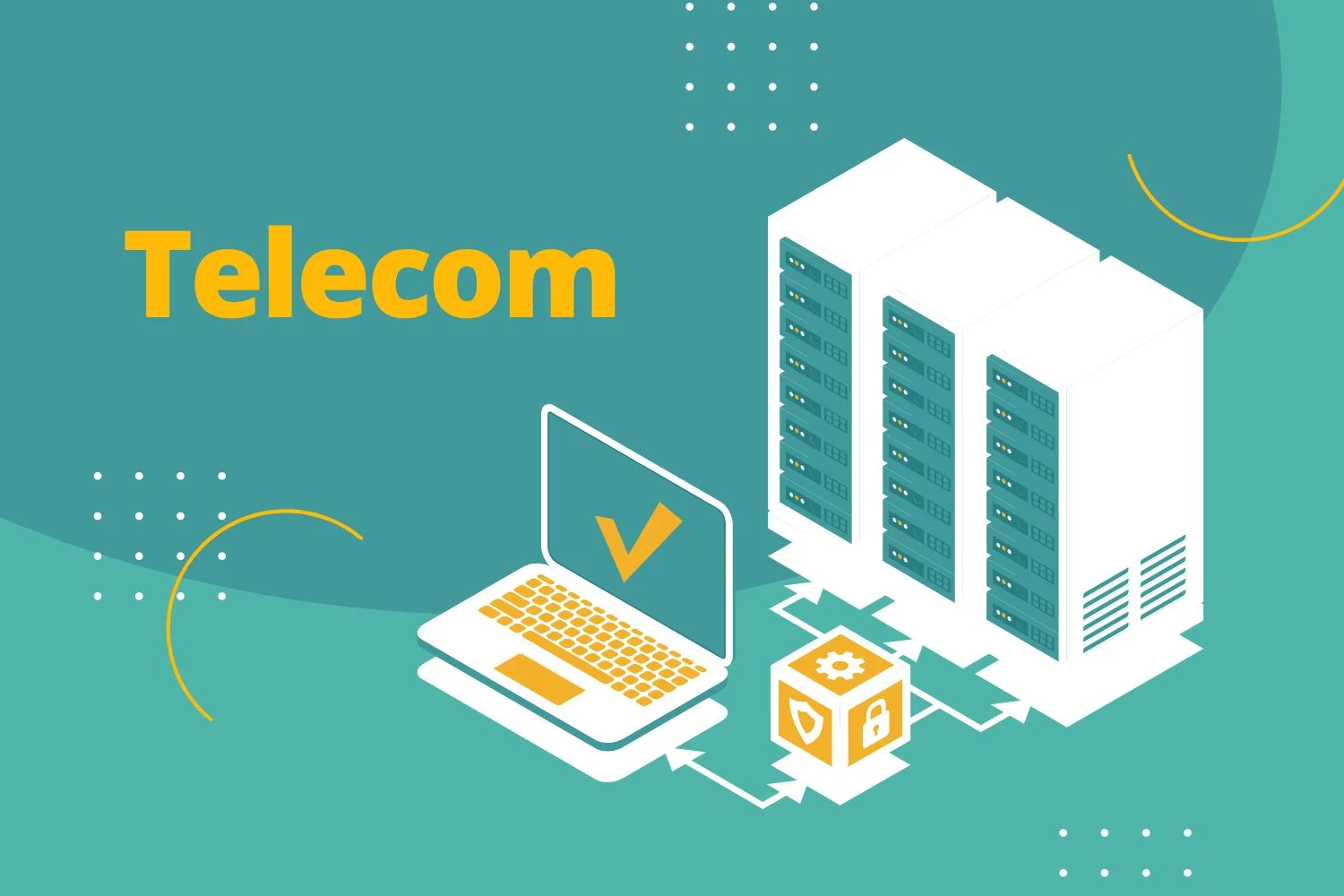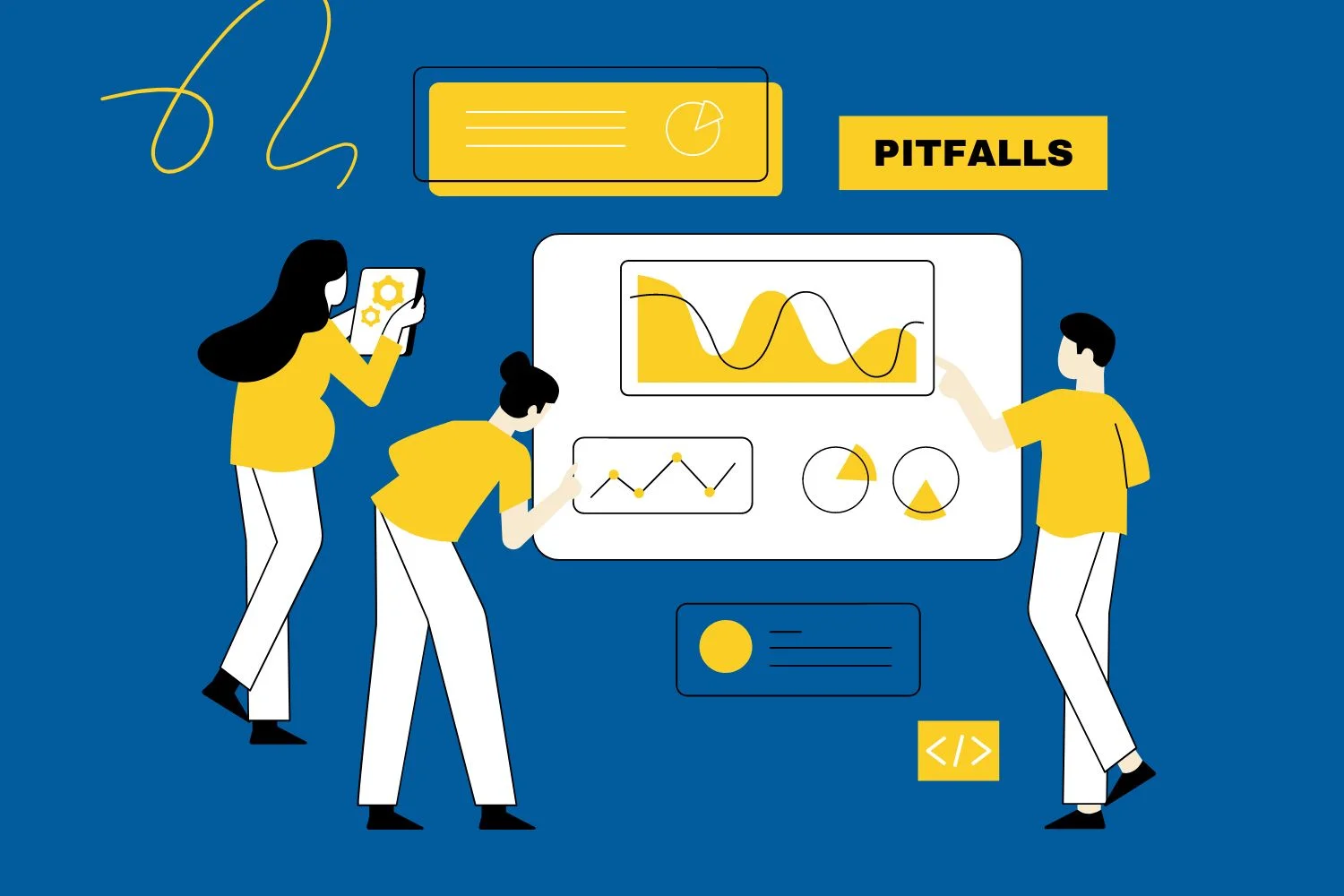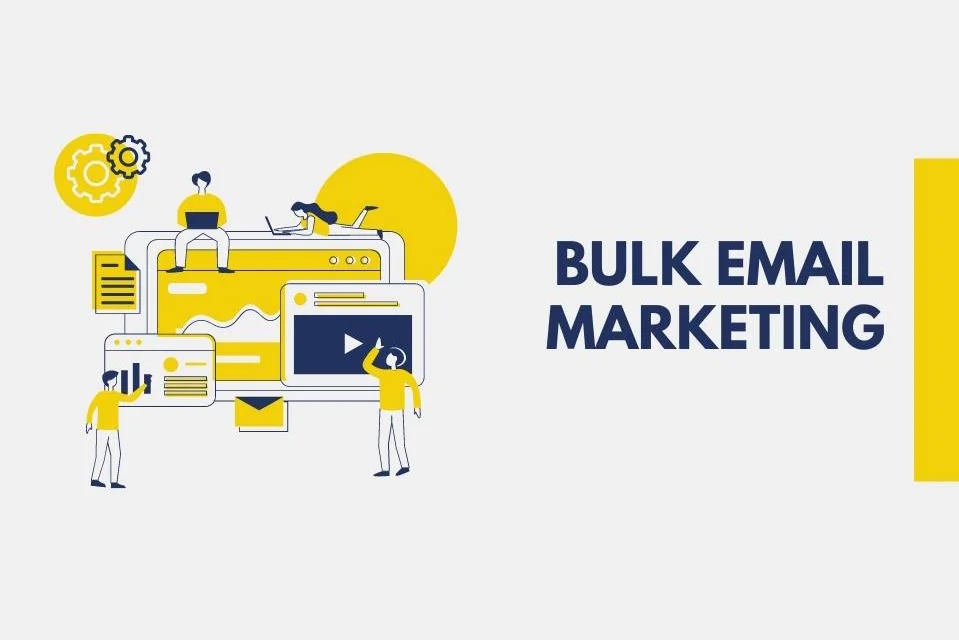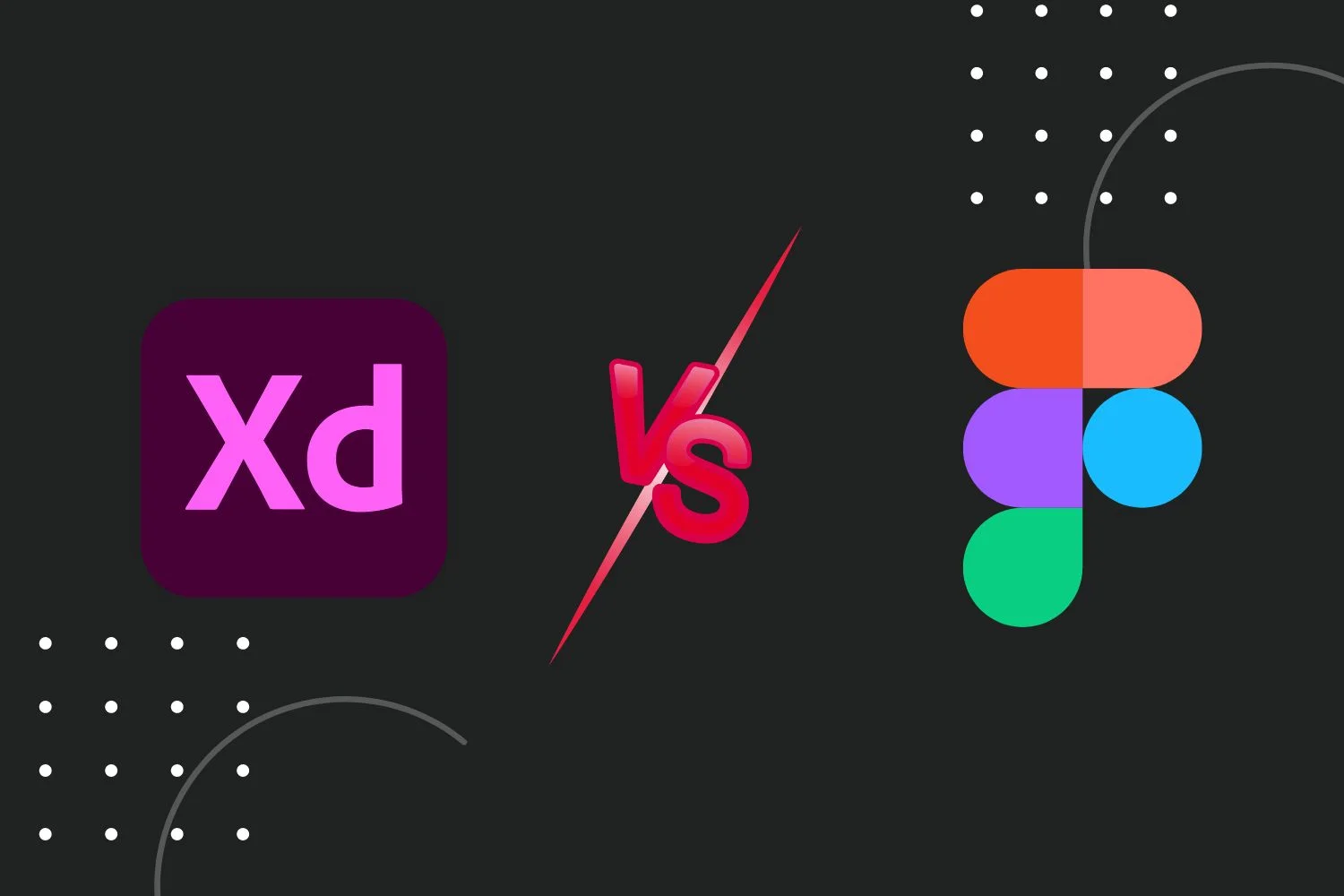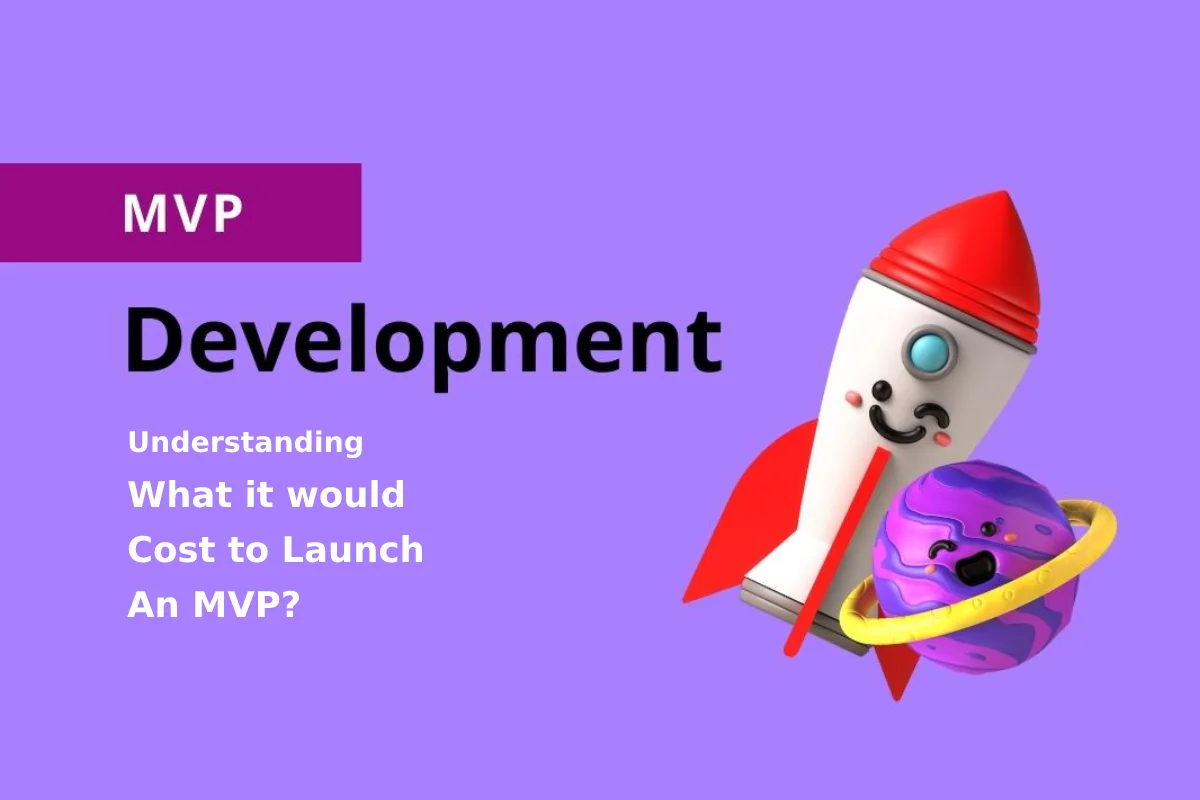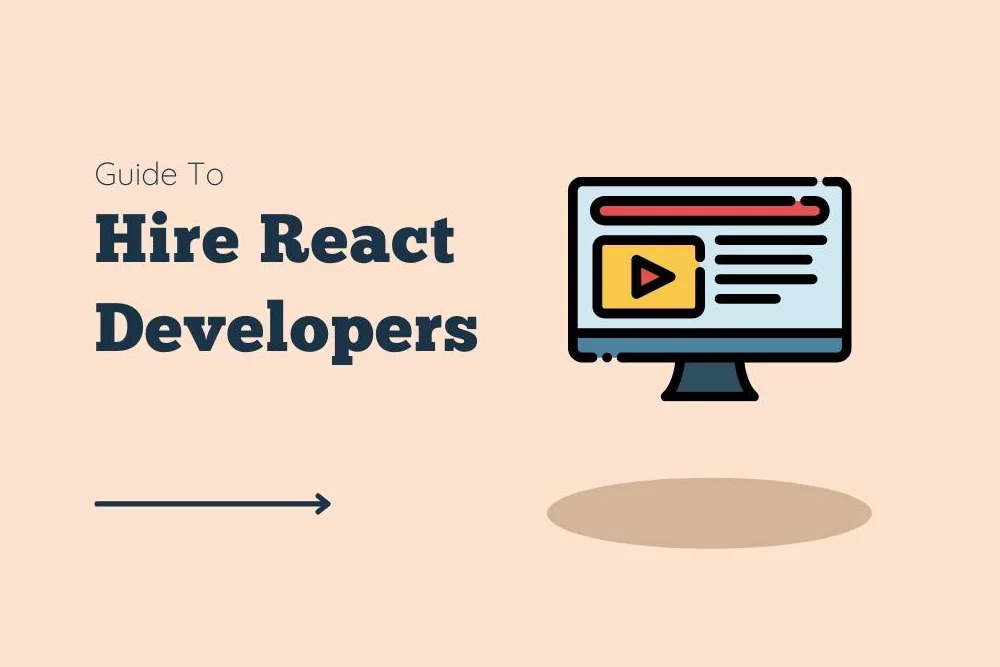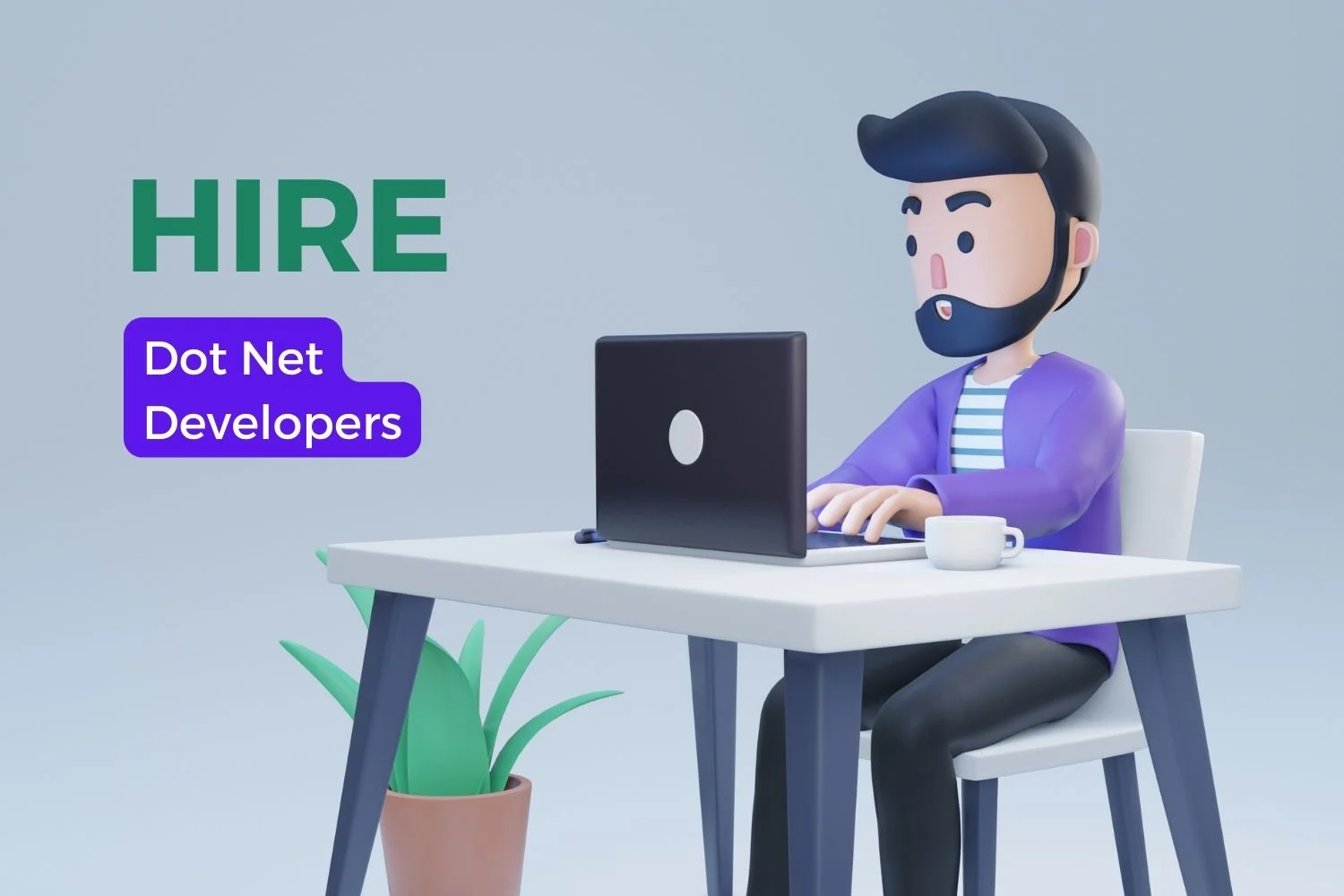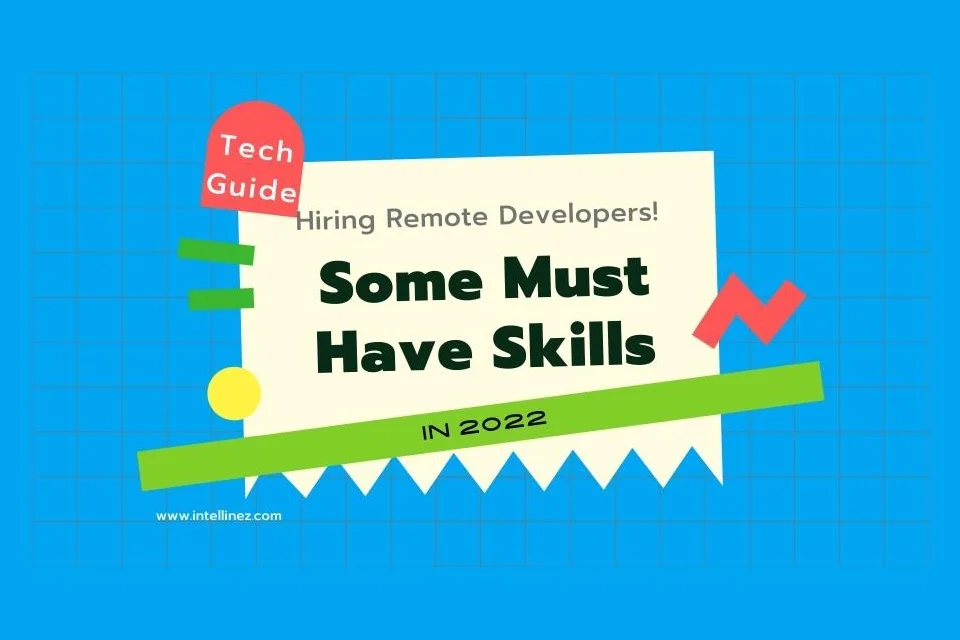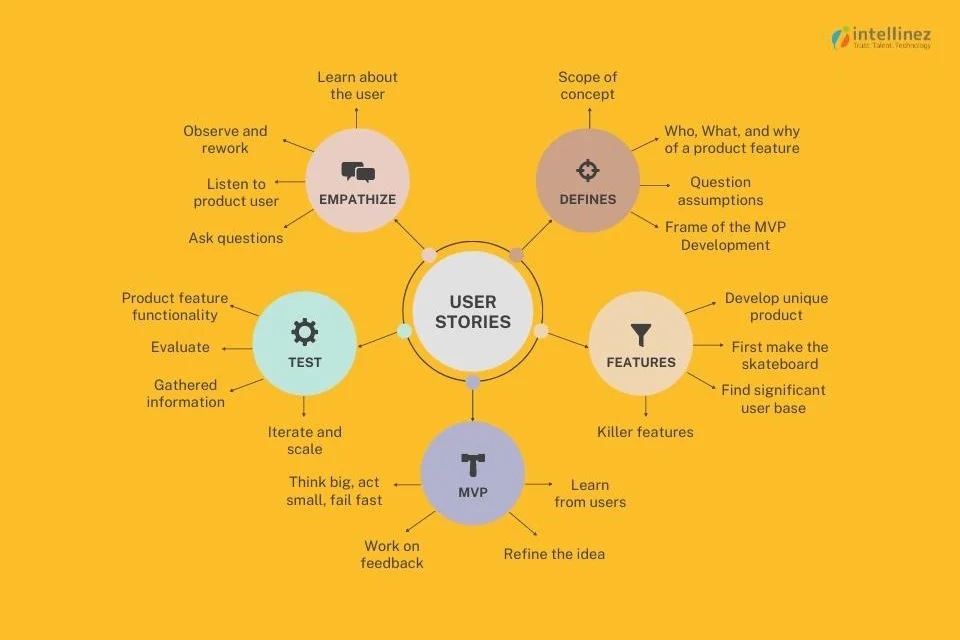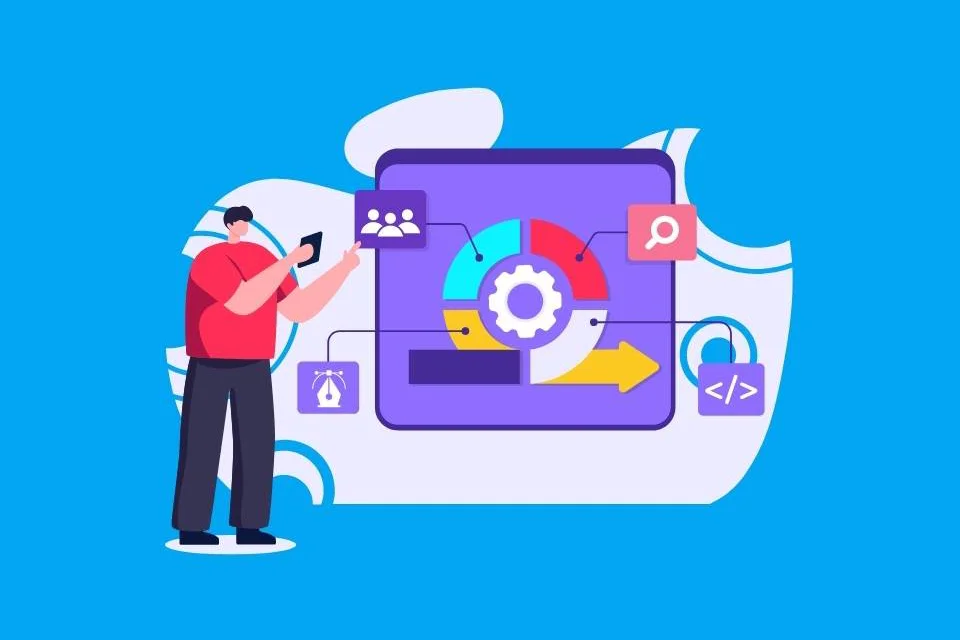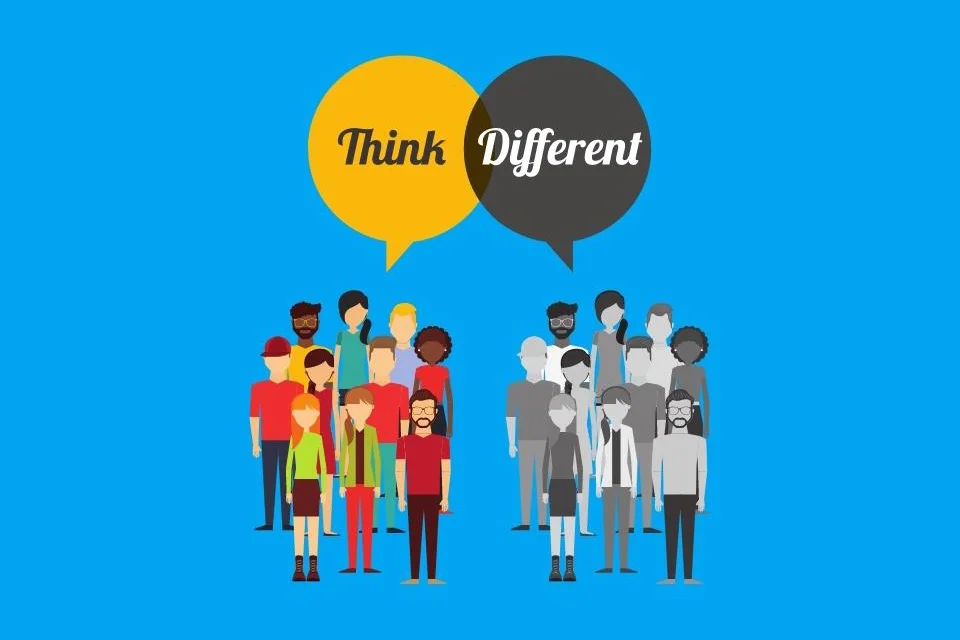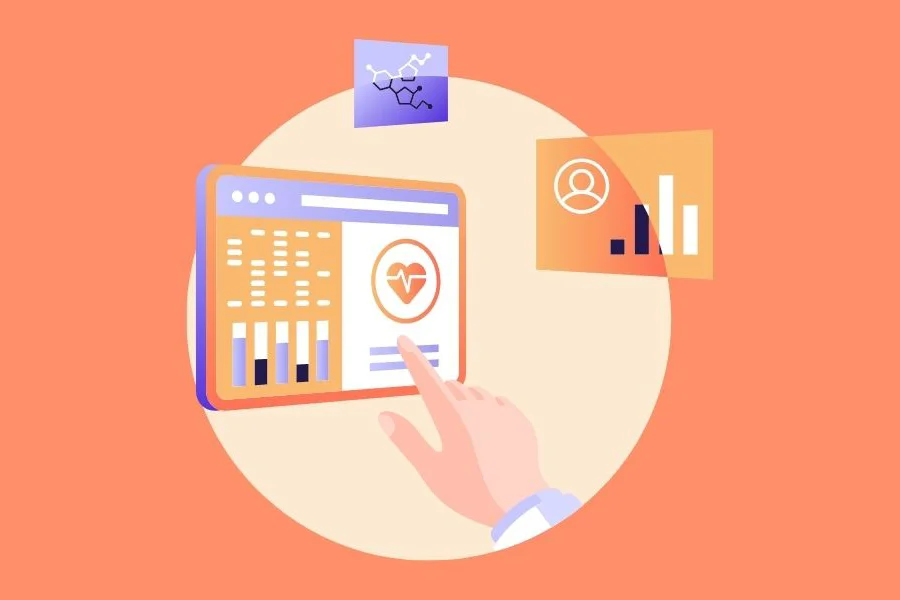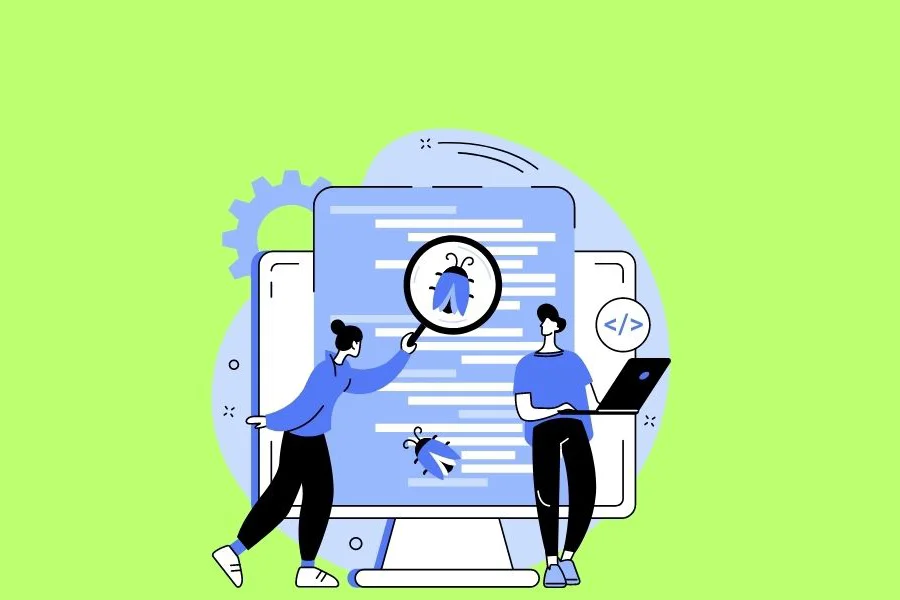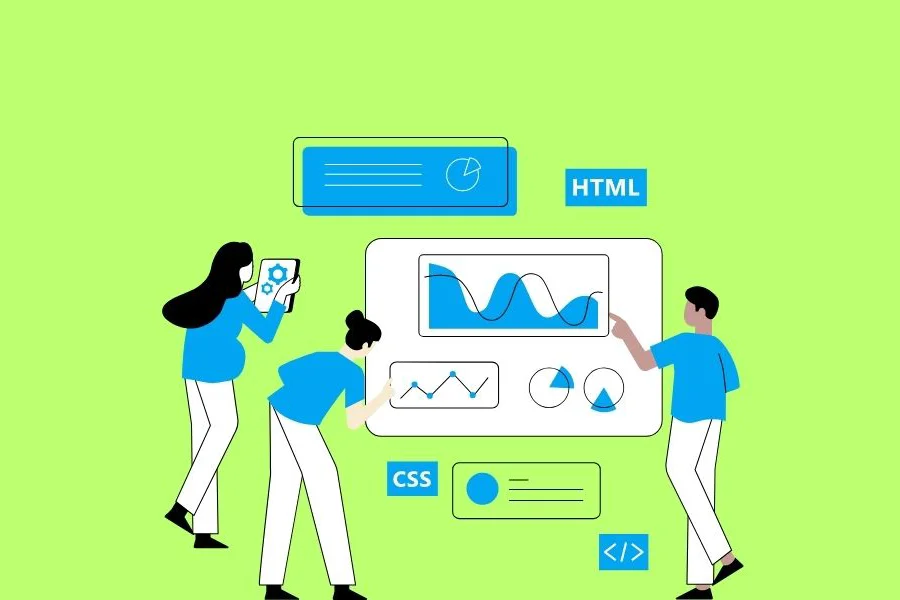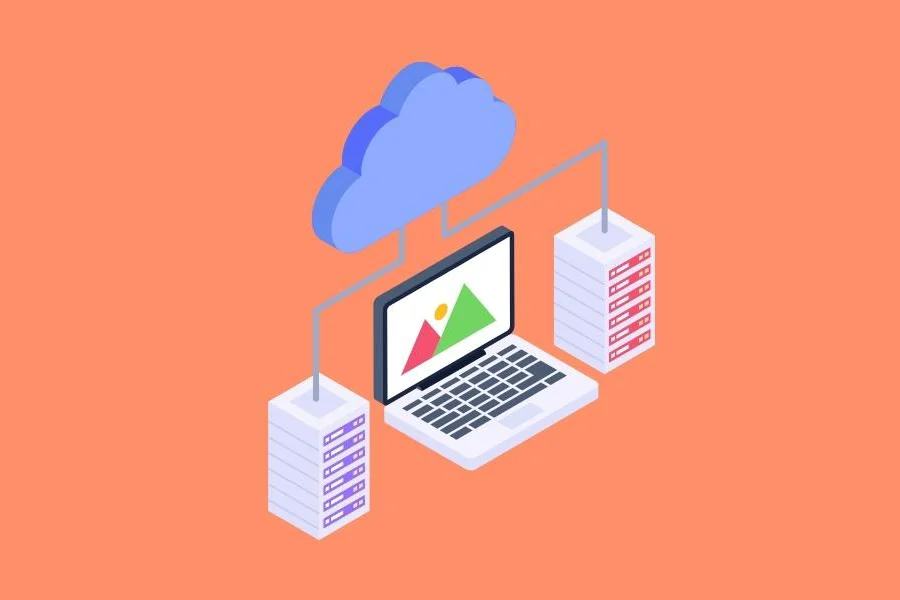Table of Contents
Artificial intelligence is transforming software development, making it faster, smarter, and more accessible than ever before. Traditional coding often requires extensive technical expertise, time, and resources, but AI-powered tools are changing that by automating complex tasks, optimizing workflows, and even generating entire applications. At the forefront of this transformation are two major categories of AI-powered development tools:
1. AI Code Editors – Enhancing Developer Productivity
AI-driven code editors like GitHub Copilot, Cursor, Zed, and Windsurf assist developers by suggesting code, debugging errors, and optimizing performance in real-time, reducing manual effort and speeding up development.
2. AI Full-Stack Generators – Enabling Rapid, Low-Code/No-Code App Development
Platforms like v0, Replit, and Bolt take automation a step further by generating entire applications, including UI, back-end, and integrations, from simple prompts, allowing developers and non-technical users to build software with minimal coding.
AI-powered development tools are revolutionizing the way apps, websites, and digital tools are built, making software development more accessible, efficient, and scalable. Whether you’re a seasoned developer or a non-technical creator, artificial intelligence is helping to bridge the gap between ideas and fully functional applications – faster than ever before. Let’s explore more.
Section 1: What are AI-Powered Development Tools?
AI-powered development tools are software apps that integrate artificial intelligence to assist developers throughout the software development lifecycle. These tools harness the power of artificial intelligence to write, debug, and optimize code, as well as automate repetitive tasks and even generate full applications. By combining traditional programming techniques with AI-driven capabilities, these tools significantly enhance productivity and help speed up the development process.
At the core of these tools is machine learning, a subset of AI that enables them to learn from existing code patterns and intelligently suggest improvements or solutions. AI-powered tools can also analyze large amounts of data to identify patterns, bugs, and even optimize the structure of code, making them essential for developers seeking efficiency in complex environments.
Why are AI-Powered Development Tools Gaining Popularity?
There are a galore of reasons fueling the rise of AI-powered development tools. Three of the most important ones are quick development, decreased manual coding effort, and accessibility to non-technical users. Let’s know each in detail:

1. Faster Development Time
One of the primary reasons AI-powered development tools are becoming so popular is their ability to accelerate the software development process. Traditionally, writing code from scratch can be time-consuming, especially when tackling repetitive tasks or debugging complex issues. With AI tools, developers can receive real-time suggestions and auto-completions, significantly reducing the time spent on manual coding.
For instance, tools like GitHub Copilot can suggest entire functions or snippets of code based on the developer’s input, streamlining the coding process. This allows developers to focus on more complex aspects of their projects, leaving repetitive and boilerplate tasks to the AI. As a result, projects are completed faster, and the time-to-market (TTM) for applications is greatly reduced.
2. Reduced Manual Coding
Manual coding, especially for routine or repetitive tasks, can often feel tedious and inefficient. AI-powered tools can automate these tasks, minimizing the need for manual intervention. This means developers can spend less time writing basic code or fixing errors and more time on innovation and creative problem-solving.
For instance, AI-assisted debugging tools can quickly identify syntax errors or logic flaws in code, helping developers resolve issues faster. Additionally, AI-driven systems can automatically generate documentation or even refactor code to improve readability and efficiency, all without requiring the developer to write it manually.
3. Accessibility for Non-Technical Users
While AI-powered development tools were initially designed for developers, their capabilities are now being extended to non-technical users – people who may not have a background in programming but want to create functional apps. No-code and low-code platforms like Replit and v0 empower non-developers to build websites, apps, and other software without writing any code.
These tools are revolutionizing the way people think about app creation, opening up opportunities for entrepreneurs, designers, and product managers to build their own solutions. By using AI-driven templates and easy-to-understand interfaces, non-technical users can quickly develop and deploy apps, allowing them to bring their ideas to life without the need for a full development team.
AI-powered development tools are transforming the way software is created by offering faster development cycles, reducing the need for manual coding, and making it easier for non-technical users to participate in building apps. With these tools continuing to evolve, it’s clear that they are not just a passing trend but are shaping the future of software development for a broad range of users – from seasoned developers to aspiring creators without a coding background.
Section 2: AI Code Editors – Writing & Debugging Code Faster
AI code editors are advanced development environments that use artificial intelligence to assist developers in writing, debugging, and optimizing code. These tools analyze programming patterns and project context to provide real-time code suggestions, auto-completions, error detection, and even code refactoring. By leveraging machine learning models trained on vast codebases, AI-powered code editors help developers to:
- Write cleaner, more efficient code faster.
- Reduce time spent on debugging and error fixing.
- Automate repetitive coding tasks and improve overall productivity.
AI code editors are not meant to replace developers but to act as smart assistants, helping them write better code with less effort.
Popular AI Code Editors: Revolutionizing the Developer Workflow
AI-powered code editors are reshaping how developers write, debug, and optimize code. Unlike traditional IDEs, which rely on static syntax highlighting and basic autocomplete, these AI-driven editors provide context-aware suggestions, intelligent debugging, and automated refactoring, significantly improving developer efficiency. Below are four leading AI-enhanced code editors, each bringing unique capabilities to the developer process:

1. Cursor
Website – https://www.cursor.com/
Our Verdict – AI-Enhanced Code Editor with Deep Context Understanding
Cursor is a modern AI-driven code editor designed to provide advanced contextual code suggestions. Unlike simple autocomplete tools, Cursor analyzes project structure, dependencies, and code history to offer precise recommendations that seamlessly fit into your existing codebase. Cursor stands out by integrating AI-powered inline assistance directly into the development workflow, allowing developers to write, edit, and debug code more efficiently. It’s particularly useful for large-scale projects where understanding dependencies and previous commits is crucial.
Key Features:
- AI-Powered Autocomplete and Inline Suggestions – Cursor intelligently predicts what you’re coding next, offering accurate and context-aware code completions.
- Chat-Based Debugging for Quick Issue Resolution – Instead of manually searching for errors, Cursor enables developers to interact with AI for debugging suggestions, reducing time spent troubleshooting.
- Optimized for Large-Scale Projects – Cursor is built for handling deep code dependencies, making it an excellent choice for developers working on complex, multi-file applications.
Ideal For: Experienced developers working on large codebases who need an AI-powered assistant to speed up coding and debugging workflows.
2. GitHub Copilot + VS Code
Website – https://code.visualstudio.com/docs/copilot/overview
Our Verdict – AI-Powered Code Suggestions in Your Favorite Editor
GitHub Copilot, powered by OpenAI’s Codex model, is one of the most widely used AI coding assistants, seamlessly integrating with VS Code, JetBrains, and other leading IDEs. It functions as an AI pair programmer, suggesting full lines of code, entire functions, and even whole implementations based on the user’s coding patterns. What makes Copilot powerful is its ability to learn from vast amounts of public code and apply that knowledge in real time, offering accurate, contextually relevant suggestions for various programming languages.
Key Features:
- AI-Generated Code Suggestions as You Type – Copilot provides real-time inline completions, reducing manual typing effort.
- Context-Aware Responses Based on Project Files – Copilot understands file structure, function names, and comments, generating more intelligent and project-specific suggestions.
- Supports Multiple Programming Languages – Works seamlessly with Python, JavaScript, TypeScript, Go, Ruby, C++, and more, making it versatile across different tech stacks.
Ideal For: Developers using VS Code who want an AI-powered coding assistant that helps with generating boilerplate code and creating complex functions.
3. Zed
Website – https://zed.dev/
Our Verdict – A Modern, AI-Driven Collaborative Editor
Zed is an AI-enhanced code editor designed with real-time collaboration in mind. Built by former Atom and GitHub engineers, Zed focuses on high-speed coding, AI-powered navigation, and team-based development. It combines AI-assisted coding with seamless team collaboration, making it an excellent choice for development teams working on shared codebases. Unlike other AI code editors that focus primarily on individual coding efficiency, Zed’s strength lies in team collaboration, enabling developers to work together in real-time, similar to Google Docs but for code:
Key Features:
- Real-Time Code Collaboration for Teams – Allows multiple developers to work on the same codebase simultaneously, making it ideal for remote and distributed teams.
- AI-Assisted Code Navigation and Search – Zed’s AI-powered search helps developers quickly locate functions, files, and dependencies across large projects.
- Performance-Optimized for Large Codebases – Designed for speed and optimized for handling complex, high-volume codebases without lag.
Ideal For: Teams looking for an AI-powered collaborative coding environment that enhances productivity and code quality.
4. Windsurf
Website – https://codeium.com/windsurf
Our Verdict – AI-Assisted Development with Intelligent Code Support
Windsurf is a lightweight, AI-powered code editor designed for developers who need fast, intelligent code support. Unlike heavier IDEs, Windsurf focuses on speed and automation, offering AI-driven code completion, syntax analysis, and optimization suggestions. It’s particularly useful for developers working on quick iterations, where speed and efficiency matter most. Windsurf helps catch errors early and offers performance enhancements, ensuring code runs efficiently.
Key Features:
- AI-Driven Syntax and Logic Error Detection – Helps developers catch common mistakes and inefficiencies before running the code.
- Code Optimization Suggestions for Better Efficiency – AI analyzes and suggests performance improvements, making the code faster and more readable.
- Lightweight and Fast – Unlike heavier IDEs, Windsurf is optimized for speed, making it an excellent choice for quick prototyping and iterative coding.
Ideal For: Developers who prioritize speed and need an AI-powered lightweight code editor for quick coding and debugging.
Cursor vs VS Code with Copilot vs Zed vs Windsurf: A Comparison Table

As we can see in the comparison table above, each AI code editor has its own set of advantages – and limitations – over others. Let’s explore the advantages and limitations of AI code editors in detail in the following section.
The Good and Bad of AI Code Editors
AI-powered code editors are revolutionizing the way developers write, debug, and optimize code. By providing real-time suggestions, automated debugging, and intelligent code refactoring, these tools help developers work faster and more efficiently than ever before. However, while AI code editors offer significant advantages, they also come with limitations. They can speed up workflows and reduce errors, but they aren’t a substitute for human expertise – developers still need to review, refine, and ensure code quality.
In this section, we’ll explore both the benefits and limitations of AI code editors, helping you understand when to rely on them and when human judgement is essential.

Benefits of AI Code Editors
1. Accelerates Coding Workflows
AI-powered editors auto-suggest entire functions, optimize syntax, and offer contextual recommendations, reducing the time spent writing boilerplate or repetitive code.
2. Reduces Debugging Time
AI-assisted debugging tools identify syntax errors, logic flaws, and performance bottlenecks, allowing developers to fix issues before they escalate.
3. Enhanced Developer Productivity
By minimizing manual effort, AI editors enable developers to focus on higher-level problem-solving rather than getting stuck in syntax and debugging.
4. Ideal for Experienced Developers Looking for Efficiency
AI-assisted editors complement experienced developers by making their work faster and more precise, while also helping junior developers learn better coding practices through AI-generated examples.
Limitations of AI Code Editors
1. Not a Replacement for Developers
While AI-generated code can be helpful, it still requires human oversight to ensure quality, security, and efficiency. Artificial intelligence is great at generating code but may introduce vulnerabilities or inefficiencies if not carefully reviewed.
2. Works Best When Combined with Human Judgement
AI suggestions are based on existing code patterns but may not always align with best practices or project-specific requirements. Developers must review and fine-tune AI-generated code before integrating it into production.
AI code editors are game changers for modern software development, helping developers write better code, reduce debugging time, and automate tedious tasks. While they are not a complete replacement for traditional coding skills, they act as intelligent assistants that enhance developer efficiency and code quality.
Section 3: AI Full-Stack Generators – Build Apps with Minimal Coding
AI full-stack generators – tools that not only assist with coding but can generate entire applications with minimal effort. These are intelligent development platforms that automate the creation of entire applications, including front-end, back-end, database, and third-party integrations, with minimal manual input.
Unlike traditional coding approaches that require developers to write and manage every aspect of an app, these tools allow users to generate functional software using natural language prompts, drag-and-drop interfaces, or AI-assisted workflows. By leveraging machine learning models and pre-built components, AI full-stack generators make app development faster, more accessible, and more efficient, especially for startups and non-technical users.
Popular AI Full-Stack Generators
1. v0
Website – https://v0.dev/
Our Verdict – AI-Powered UI and Full-Stack Generation
v0 is an AI-driven full-stack application builder that allows users to generate web applications just by describing them in natural language. With an emphasis on user interface design and full-stack development, v0 simplifies the creation of responsive, modern web apps without requiring deep coding knowledge.
Key Features:
- AI-Powered UI Generation – Quickly build front-end components based on descriptions.
- Full-Stack Development Capabilities – Supports databases, authentication, and API integrations.
- Optimized for SaaS and Web Applications – Enabling faster product launches.
Best for: Entrepreneurs, designers, and product teams looking to build web apps without writing extensive code.
2. Replit
Website – https://replit.com/
Our Verdict – Cloud-Based AI Coding and Deployment Platform
Replit is a cloud-based AI-powered development and deployment environment that enables users to build, test, and deploy apps entirely online. With its AI coding assistant – dubbed Replit Ghostwriter – and built-in support for multiple programming languages, the AI full-stack generator allows both beginners and experienced developers to write and run code seamlessly from any device.
Key Features:
- AI-Powered Code Generation – Write applications faster with Replit Ghostwriter.
- Instant Deployment – Host and deploy apps directly from the browser.
- Polyglot Development – Work with a wide array of programming – and scripting – languages, such as Java, JS, and Python.
Best for: Developers and hobbyists who want an all-in-one cloud-based coding, collaboration, and deployment platform.
3. Bolt.new
Website – https://bolt.new/
Our Verdict – AI-Driven Code Generation and Automation
Bolt.new is an AI-powered app development platform that automates the process of writing and deploying full-stack apps. By using natural language prompts, Bolt can generate code for web apps, automate API integrations, and even handle complex backend logic.
Key Features:
- Generates Entire Apps from Prompts – No need for manual coding.
- Seamless Backend Automation – Handles databases, authentication, and server-side logic.
- Integration-Friendly – Connects with APIs, databases, and third-party services.
Best for: Startups, solo developers, and non-coders who need an AI-powered tool to quickly generate functional full-stack applications.
Use Cases, Advantages, and Disadvantages of AI Full-Stack Generators
AI full-stack generators are great for startups and non-technical creators. It is also excellent for fast prototyping. These tools eliminate the technical barriers to software development, enabling entrepreneurs, designers, and businesses to turn ideas into functional applications without hiring a development team.
Advantages of Full-Stack Generators
1. Build SaaS Apps, Websites, and Tools in Hours Instead of Weeks
AI-powered full-stack generators dramatically reduce development time, making it possible to create and deploy full functional applications in a fraction of the time compared to traditional coding methods.
2. Automates Infrastructure Management
These platforms handle complex back-end infrastructure, including hosting, databases, and authentication, allowing users to focus on business logic and user experience rather than server maintenance.
Limitations of AI Full-Stack Generators
1. Less Flexibility Compared to Custom Development
While AI full-stack generators provide pre-built components and automation, they may lack the flexibility needed for highly customized or enterprise-grade applications that require fine-tuned logic and performance optimization.
2. Might Require Manual Coding for Complex Applications
Although AI tools can generate the foundation of an application, developers may still need to write custom logic, optimize performance, and integrate advanced features to meet specific requirements.
AI full-stack generators are revolutionizing how apps are built, making development more accessible, faster, and cost-effective. While they don’t replace traditional development entirely, they provide a powerful tool for startups, solo developers, and businesses looking to launch applications quickly.
Section 4: Who Benefits from AI-Powered Development Tools?
AI-powered development tools are transforming the software landscape by automating coding, debugging, and full-stack app generation. But who stands to benefit the most from this revolution? From individual developers to businesses, AI-powered development tools offer efficiency, cost savings, and accessibility to a wide range of users.

1. Developers
Helps By – Coding and Debugging Faster, Automating Wherever Possible
For developers, AI-powered tools act as intelligent assistants, making coding faster, smarter, and more efficient. Whether it’s AI-driven autocomplete, code refactoring, or real-time debugging, these tools free up valuable time, allowing developers to focus on higher-level problem-solving rather than repetitive coding tasks.
How Developers Benefit:
- Accelerated Coding – Tools like GitHub Copilot, Cursor, and Zed provide real-time code suggestions, reducing manual typing and improving workflow speed.
- Automated Debugging – AI detects errors, bugs, and inefficiencies before they escalate, helping developers fix issues faster.
- Optimized Code Quality – AI-powered refactoring ensures clean, efficient, and well-structured code, improving readability and maintainability.
- Increased Productivity – Developers can write, test, and deploy apps faster, leading to shorter development cycles and quicker project completion.
Best Case Scenario – Experienced developers looking to streamline their workflow and junior developers seeking guidance through AI-generated best practices.
2. Startups & Entrepreneurs
Helps By – Quickly Building a Minimum Viable Product Without Needing a Full Dev Team
For startups and entrepreneurs, AI-powered development tools lower the barrier to entry by enabling them to build fully functional apps without needing a large engineering team. Instead of investing months and thousands of dollars in hiring developers, AI full-stack generators like Bolt.new, Replit, and v0 allow startups to rapidly prototype and launch minimal viable products – sometimes in just hours or days instead of months.
How Startups & Entrepreneurs Benefit:
- Faster MVP Development – AI can generate full-stack apps with minimal coding, helping startups validate ideas quickly.
- Cost Efficiency – Reduces the need for large development teams, cutting down on hiring and operational costs.
- Inbuilt Integration – Tools like v0 and Replit handle authentication, databases, and API connections without custom coding.
- Scalability – Startups can iterate quickly, making modifications based on user feedback without requiring expensive engineering resources.
Best Case Scenario – Early-stage startups looking to validate their product ideas before hiring a complete development team.
3. Non-Technical Creators
Helps By – Building Apps Without Coding Expertise
AI-powered development tools are democratizing software creation, allowing everyone from designers and marketers to product managers – and everyone in between – to build apps without writing a single line of code. Platforms like Bolt and Replit make it possible for non-technical creators to launch functional apps by simply describing their ideas in natural language or using drag-and-drop builders.
How Non-Technical Users Benefit:
- No Coding Required – AI tools handle front-end, back-end, and database management automatically.
- Creative Freedom – Allows non-technical users to build and customize apps without relying on developers.
- Lower Costs – Avoids the expensive cost of hiring developers or outsourcing development.
- Rapid Prototyping – Experiment with app ideas quickly and efficiently, without the complexity of manual programming.
Best Case Scenario – Product managers, marketers, solopreneurs, and creators who want to build digital products without learning to code.
4. Businesses
Helps By – Automating Workflows, Reducing Expenses
Large and small businesses alike can leverage AI-powered development tools to automate internal processes, build custom software, and reduce operational costs. Instead of relying on third-party software or expensive custom-built applications, businesses can use AI-generated solutions to create tailored internal tools for workflow automation, analytics, and customer engagement.
How Businesses Benefit:
- Automation of Repetitive Tasks – Artificial intelligence can build tools to automate data entry, customer support, reporting, and more.
- Custom Business Apps – Businesses can create custom dashboards, CRM systems, and workflow automation tools using AI-powered full-stack generators.
- Faster Deployment – AI-generated apps can be developed and deployed in record time, reducing reliance on external vendors.
- Cost Savings – Eliminates the need for long-term software development contracts or expensive enterprise solutions.
Best Case Scenario – Small businesses and enterprises looking to automate workflows and create custom internal tools without a dedicated development team.
AI-powered development tools are not just for developers – they’re empowering startups, businesses, and non-technical creators to bring their ideas to life faster and more affordably than ever before. Whether you’re a coder looking for efficiency, an entrepreneur launching an MVP, or a business automating workflows, AI is reshaping the way software is built and deployed.
Section 5: The Future of AI-Powered Development
AI-powered development tools are rapidly transforming the software industry, but they are not replacing developers – instead, they are augmenting their capabilities. As AI continues to evolve, the future of software development will likely involve a hybrid approach where human expertise and AI-driven automation work together to build apps faster and more efficiently than ever before. In this section, we’ll explore why AI won’t replace developers, how hybrid workflows are becoming the new standard, and where AI-powered development tools are headed in the next 5 years.
AI is Not Replacing Developers – It’s Making Them More Powerful
There’s an ongoing debate about whether AI-powered coding tools will make software engineers obsolete. The reality? AI is a tool, not a replacement. While AI can generate, optimize, and debug code, it still lacks human creativity, problem-solving skills, and contextual understanding – all of which are essential for building truly innovative and scalable applications.
Why AI Can’t Fully Replace Developers
- Creativity and Critical Thinking – Artificial intelligence generates code based on patterns but doesn’t quite fully comprehend business logic, user experience, or long-term scalability.
- Contextual Gaps – AI suggestions often demand human validation and refinement to fit real-world use cases.
- Security & Ethical Concerns – AI-generated code may introduce vulnerabilities, necessitating manual oversight for safety and compliance.
- Customization and Edge Cases – Artificial intelligence excels at repetitive tasks but struggles with highly unique or complex problem-solving.
Rather than replacing developers, AI serves as a powerful assistant, enabling engineers to write better code, fix bugs faster, and automate tedious tasks – allowing them to focus on innovation rather than routine work.
The Hybrid Approach: Combining AI Code Editors + AI Full-Stack Generators with Expertise
As AI tools become more advanced, the most effective development workflows will combine AI-powered automation with real programming expertise. While AI code editors and full-stack generators can significantly speed up development, they work best when paired with human intuition, problem-solving, and real-world coding experience.
The Troika of a Hybrid AI-Driven Workflow
- AI Code Editors – Enhance developer productivity by providing real-time code suggestions, debugging, and refactoring, allowing for faster and more efficient coding.
- AI Full-Stack Generators – Automate the creation of entire applications, including UI, back-end, and integrations, enabling rapid prototyping and deployment.
- Expertise (Human Experience in Problem-Solving) – The ability to understand complex problems, optimize performance, and make strategic architectural decisions – something artificial intelligence alone cannot do; at least, not anytime sooner.
Why This Hybrid Approach Works?
- Faster Development – AI code editors accelerate manual coding, while full-stack generators handle scaffolding and infrastructure, reducing the time needed to launch applications.
- More Control & Flexibility – Developers can use AI-generated code as a foundation but still have the freedom to customize, optimize, and innovate beyond AI’s capabilities.
- Higher Code Quality & Reliability – Artificial intelligence helps identify syntax errors, security vulnerabilities, and inefficiencies, but real expertise is required to ensure best practices, maintainability, and performance.
- Scalability and Innovation – AI can automate repetitive coding tasks, but real developers bring creativity, critical thinking, and system design knowledge to build scalable, robust applications.
Example Workflow: AI + Human Expertise in Action
A startup founder could use v0 or Replit to generate an MVP, allowing for rapid iteration without a full engineering team. However, when the application requires custom back-end logic, performance optimizations, or scalability improvements, an experienced developer can use GitHub Copilot or Cursor to refine and enhance the code. This hybrid approach balances speed with precision, ensuring AI handles repetitive tasks while human expertise adds creativity, security, and scalability – a combination that leads to truly high-quality software.
What’s Next? The Future of AI-Powered Development in the Next 5 Years
AI development tools are advancing at an unprecedented pace, and their capabilities will continue to expand. Here’s what we can expect in the next 5 years:
1. AI Will Become Even More Context-Aware
- AI coding assistants will better understand entire project structures, dependencies, and business logic rather than just suggesting generic code snippets.
- Future AI tools will remember developer preferences, adapting to personal coding styles and workflow patterns.
2. Natural Language Programming Will Become Mainstream
- AI-powered tools will evolve beyond code suggestions – developers will be able to describe software in plain English, and artificial intelligence will generate fully functional components.
- Platforms like Bolt and v0 already allow users to build apps using text-based prompts, but future AI models will be even more advanced, handling complex logic and database management.
3. Artificial Intelligence Will Improve Security & Code Quality
- AI will detect vulnerabilities in real-time, reducing security risks before code goes live.
- Automated code reviews will become more sophisticated, ensuring that AI-generated code follows best practices and industry standards.
4. AI and Human Collaboration Will Be Seamless
- AI tools will act as real-time coding collaborators, not just assistants, allowing developers to work side by side with AI in a more interactive way.
- Expect AI-powered pair programming, where artificial intelligence proactively suggests improvements based on ongoing work.
5. More Businesses Will Adopt AI for Custom Development
- Companies will shift from buying off-the-shelf software to using AI-powered tools to generate their own tailored solutions.
- Small businesses and entrepreneurs will be able to build complex applications without deep technical expertise, democratizing software development.
AI is a powerful tool, but real expertise remains irreplaceable. The future of software development is not AI vs. Humans – it’s AI and humans working together. Developers who combine AI-powered tools with hands-on programming experience will be the ones driving the next wave of innovation.
The future of AI-powered development is not about replacing human coders but about making them more efficient, creative, and productive. By embracing a hybrid approach, developers, startups, and businesses can leverage artificial intelligence without sacrificing flexibility, security, or innovation.
Conclusion and Next Blogs in the Series
The world of software development is changing fast, and AI-powered development tools are leading the way. Whether you’re a developer looking to code faster or an entrepreneur trying to build an app without a full engineering team, artificial intelligence is making the process easier, faster, and more accessible than ever before. In this blog, we explore 2 major categories of AI-driven tools that are transforming software development. Here’s a quick recap:
1. AI Code Editors – Boosting Development Productivity
AI code editors are intelligent assistants that help developers write, debug, and optimize code with real-time suggestions and automation. These tools don’t just complete lines of code – they understand project context, detect errors, and even suggest optimizations.
Key Benefits:
- Faster Coding with smart autocomplete and inline suggestions.
- Reduced Debugging Time through AI-powered error detection.
- Improve Code Quality via intelligent refactoring and optimization.
Popular AI Code Editors:
- GitHub Copilot + VS Code – AI-powered coding assistance inside your favorite IDE.
- Windsurf – AI-assisted development environment with intelligent code support.
- Cursor – Context-aware code editor with advanced AI debugging.
- Zed – AI-enhanced collaborative coding platform.
2. AI Full-Stack Generators – Build Applications with Minimal Effort
AI full-stack generators take automation even further by creating entire apps, including the front-end, back-end, and database, with minimal manual coding. These tools allow developers – and even non-technical users – to generate complete web apps from simplex text prompts.
Key Benefits:
- Rapid Prototyping – Turn ideas into working applications in hours, not weeks.
- Minimal Manual Coding – AI handles infrastructure, authentication, and integrations.
- Cost Efficiency – Reduces the need for large engineering teams for building minimum viable products.
Popular AI Full-Stack Generators:
- v0 – AI-powered UI and full-stack generation.
- Replit – Cloud-based coding and deployment platform with AI assistance.
- Bolt.new – AI-driven automation for app generation.
What’s Next? AI Code Editors in Action!
AI-powered development tools aren’t just futuristic concepts – they’re already being used in real-world projects to build software faster and more efficiently.
In our next posts, we’ll take a deep dive into AI Code Editors and how they’re changing the way development write and optimize code. We’ll cover:
- Top 10 AI code editors to use in 2025.
- How tools like GitHub Copilot and Cursor speed up development.
- Real-word use cases, like AI-assisted Stripe checkout integration and OAuth setup.
- When AI coding tools save time vs. When manual coding is still necessary.
- How to combine AI coding tools with full-stack generators for a streamlined workflow.
Take the Next Step with AI-Powered Development with Intellinez Systems
Artificial intelligence is transforming the way software is built, making development faster, smarter, and more accessible than ever before. Whether you’re a startup looking to build an AI-driven application, a business seeking custom automation solutions, or a developer exploring AI-powered tools, having the right expertise makes all the difference.
At Intellinez Systems, we specialize in cutting-edge AI development, helping businesses and entrepreneurs leverage AI-powered tools to build innovative, scalable solutions. From AI-assisted coding environments to full-stack AI automation, our team can help you integrate AI seamlessly into your development process. Ready to take your project to the next level? Let’s build the future together – contact us today!
FAQs
-
1. How can AI-powered development tools benefit my business?
AI-powered development tools can accelerate software creation, reduce costs, and improve efficiency by automating coding, debugging, and app generation. Whether you’re building custom software, internal tools, or AI-driven applications, leveraging AI can help you develop faster and scale smarter.
-
2. Can Intellinez Systems help integrate AI into my existing development process?
Absolutely! At Intellinez Systems, we specialize in AI-driven development solutions, whether you need to enhance your current workflow with AI code editors or leverage full-stack AI automation. We tailor our approach to fit your unique business needs, ensuring seamless AI integration.
-
3. I don’t have a technical background – can AI-powered tools still help me build my product?
Yes! AI-powered low-code and no-code platforms make software development more accessible for non-technical users. Our team can help you choose the right AI tools, automate workflows, and develop AI-driven applications, so you can focus on your vision while we handle the technology.
-
4. What types of AI-powered applications can Intellinez Systems develop?
We build custom AI-powered solutions ranging from automated business tools and AI-driven SaaS platforms to AI-enhanced development environments. Whether you need machine learning integration, AI-based analytics, or an intelligent chatbot, we have the expertise to bring your idea to life.
-
5. How do I get started with AI-powered development for my project?
Getting started is easy! Contact Intellinez Systems today for a consultation, and our AI experts will help you assess your needs, identify the right AI-powered tools, and develop a scalable solution tailored to your business. Let’s build the future together!
- tawa555 login
- https://www.10ml.com.br/orcamento/
- https://www.nwc10lab.com/validar-ideas-digitales/
- https://www.unvi.es/pago-seguros/
- https://kumarskitchen.com/medien/
- https://cdocencia.xoc.uam.mx/
- rejekibet
- https://mgapress.com.br/assessoria-de-imprensa/
- https://www.intersmartsolution.com/erp-solutions/
- https://cvworld.in/seo-services/
- slot pulsa 5000
- slot deposit 5000
- slot deposit pulsa
- https://ksquare99.com/culture.html
- https://intersmart.ae/our-works/
- https://astrologerparduman.com/blogs/
- https://gluesys.com/





































![A Comprehensive Guide to AWS SaaS Architecture [Diagram Included] 86 Aws SaaS Architecture](http://www.intellinez.com/wp-content/uploads/2024/08/Title-image.jpg)

